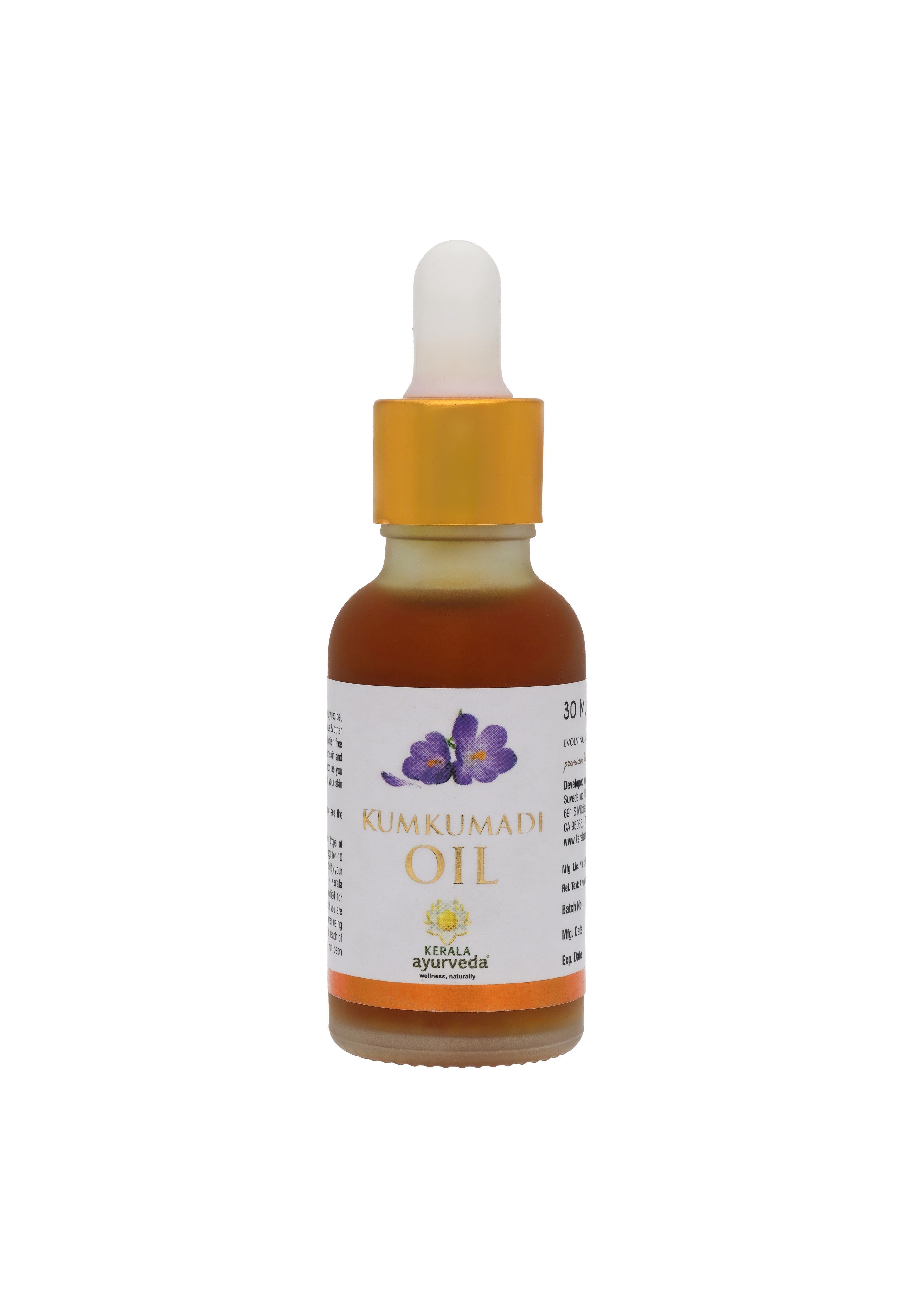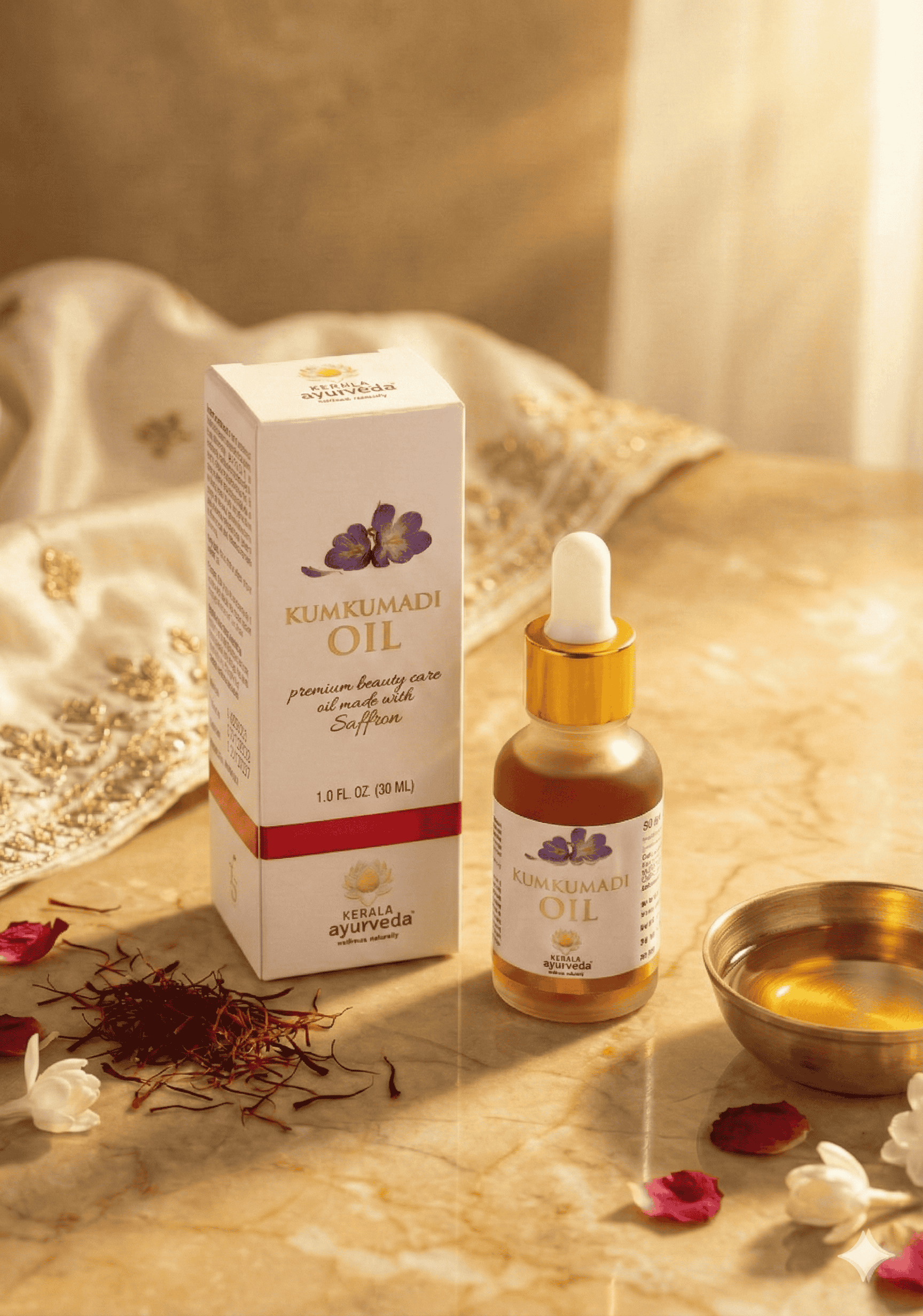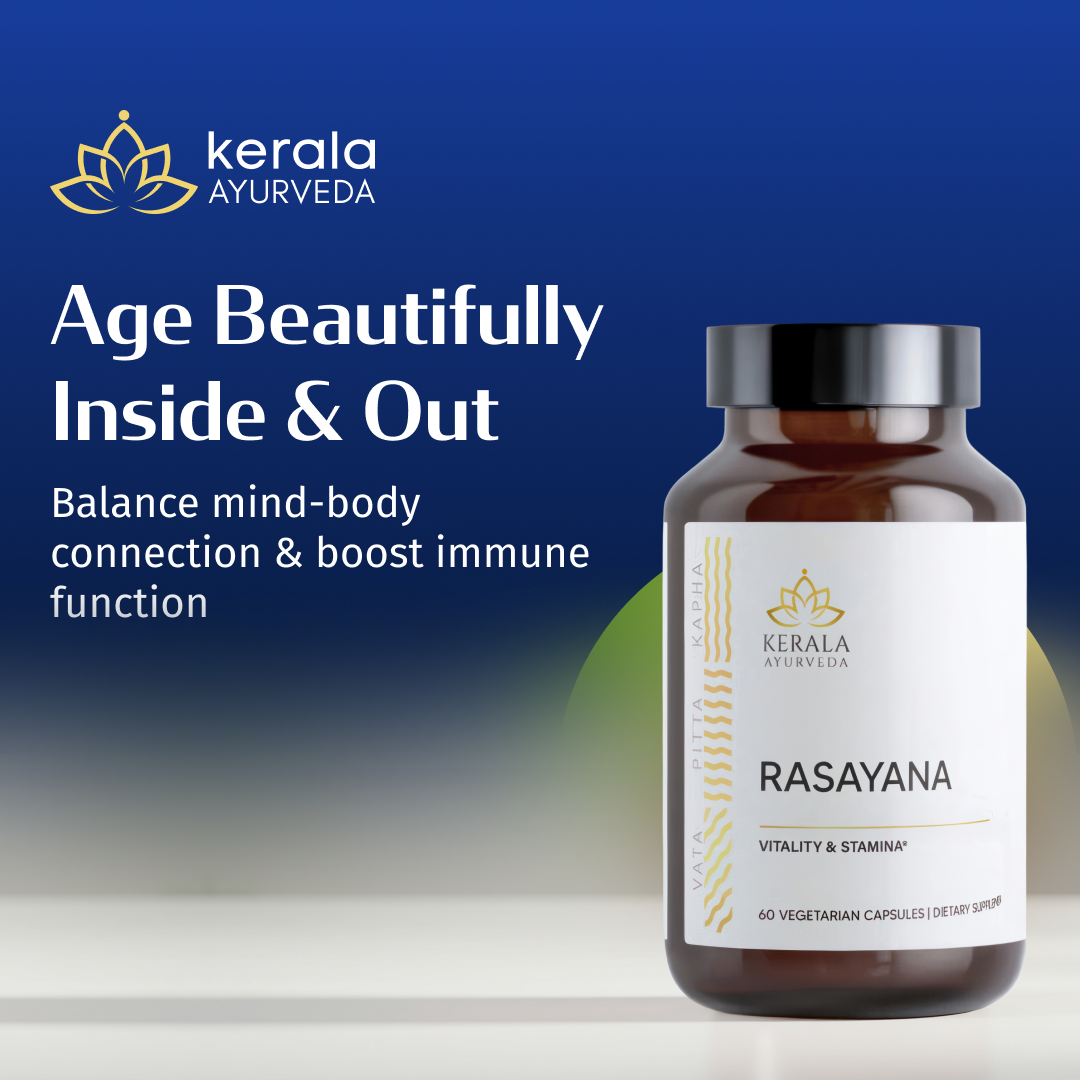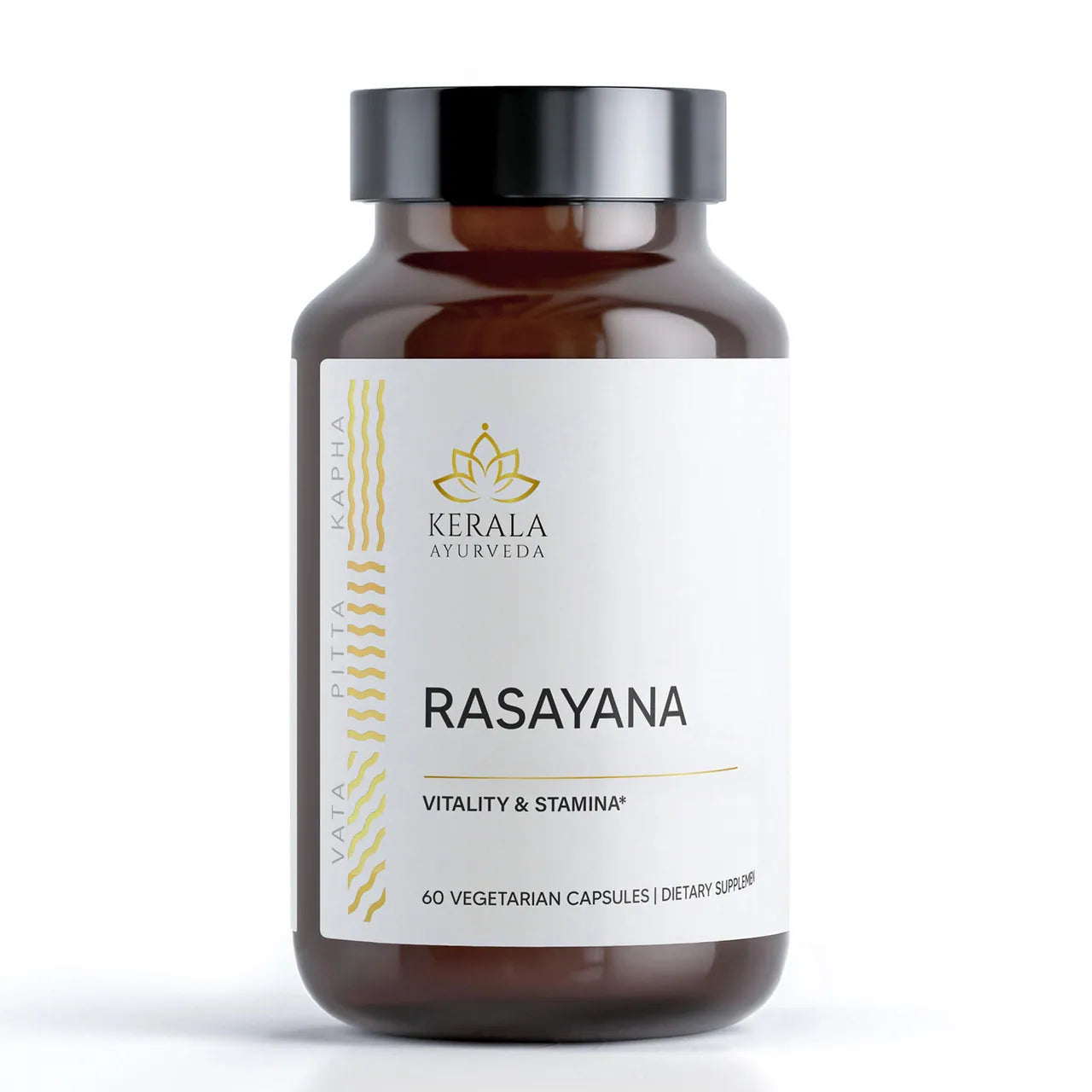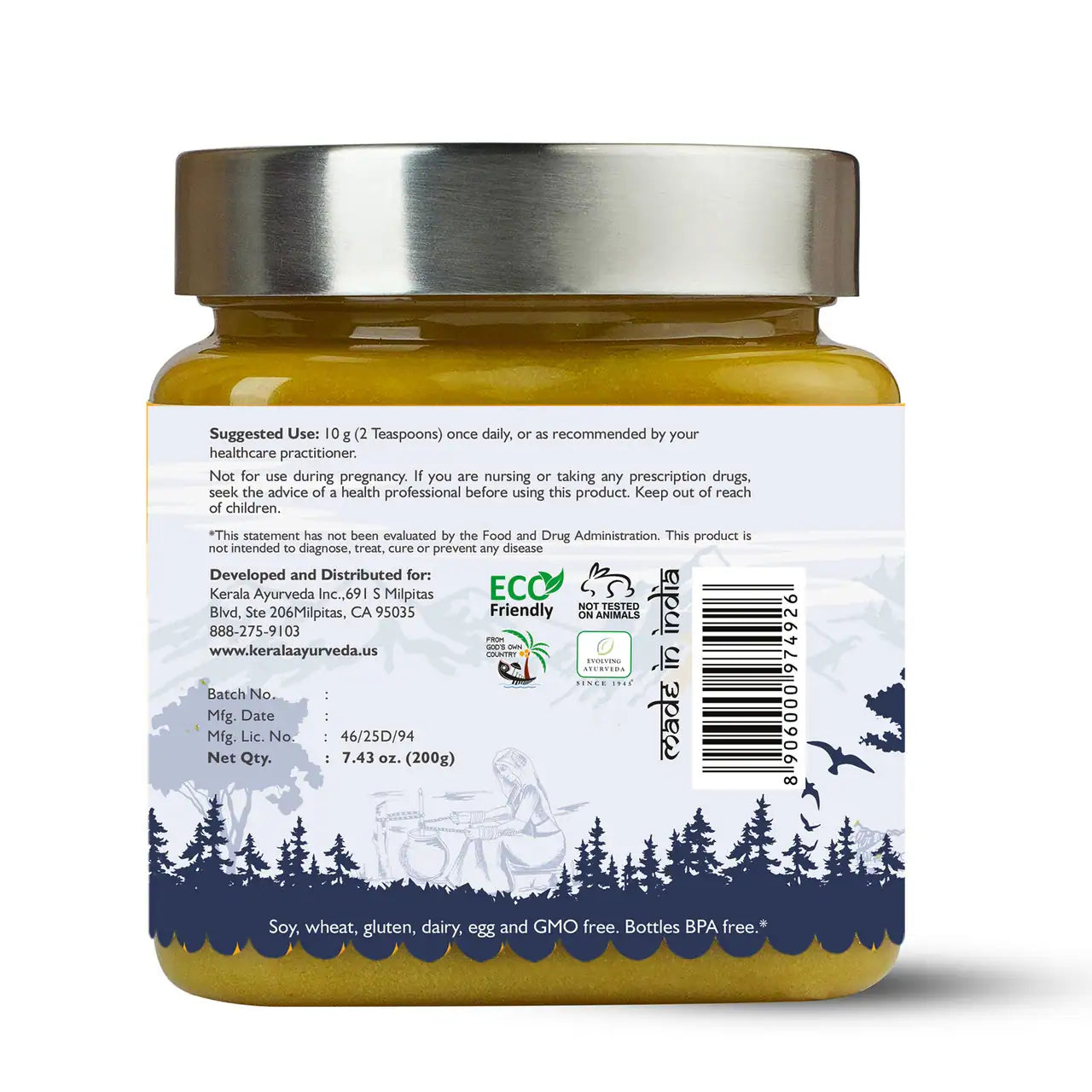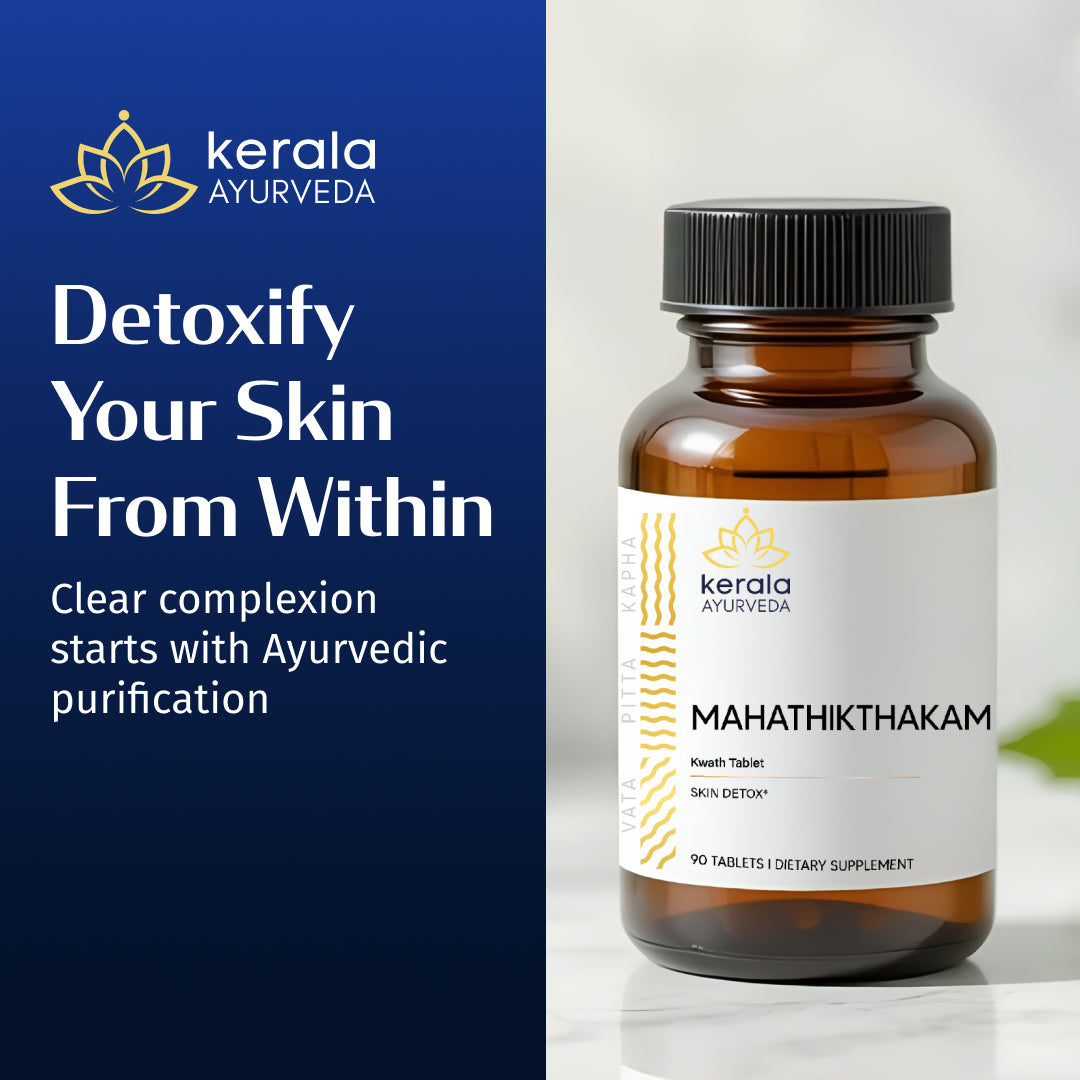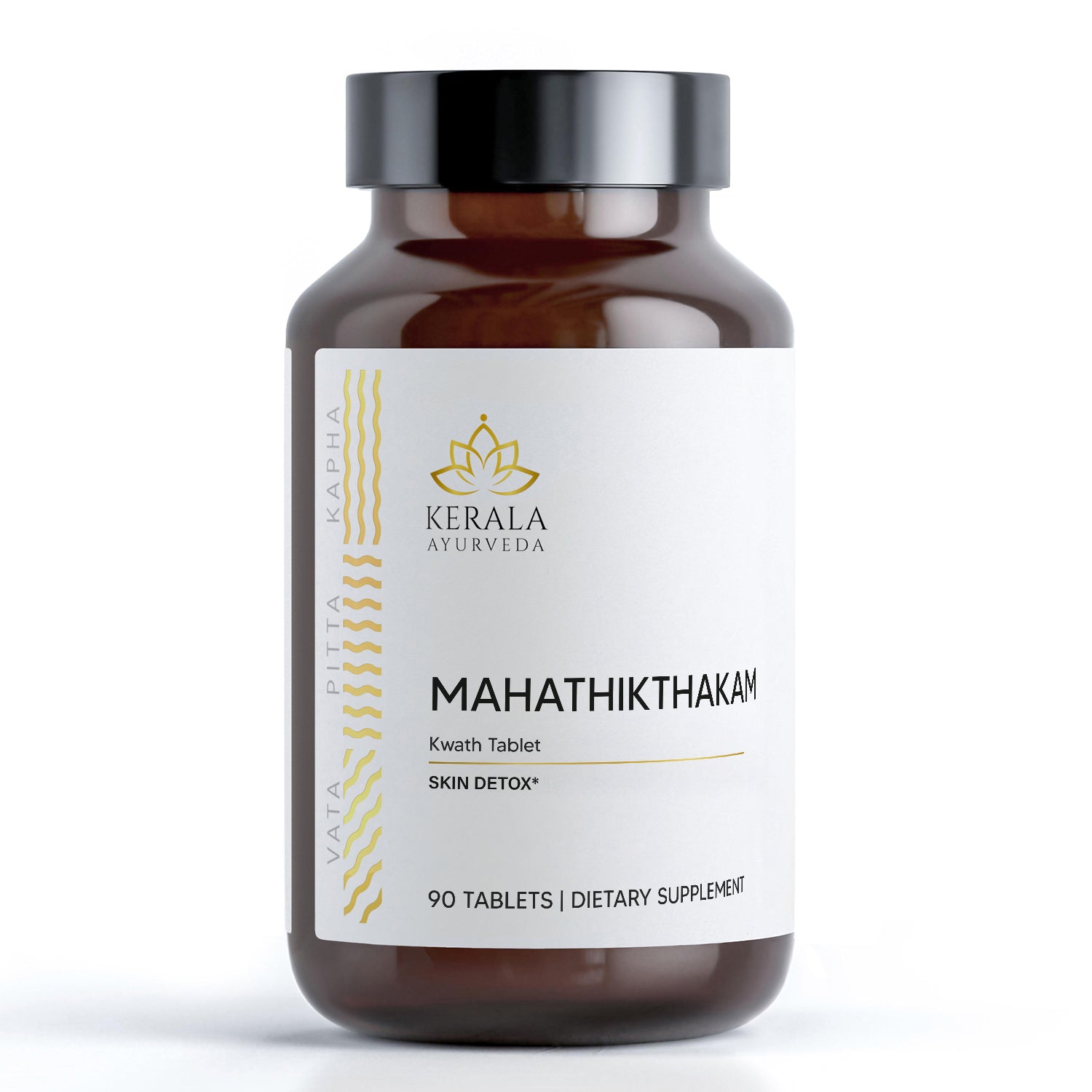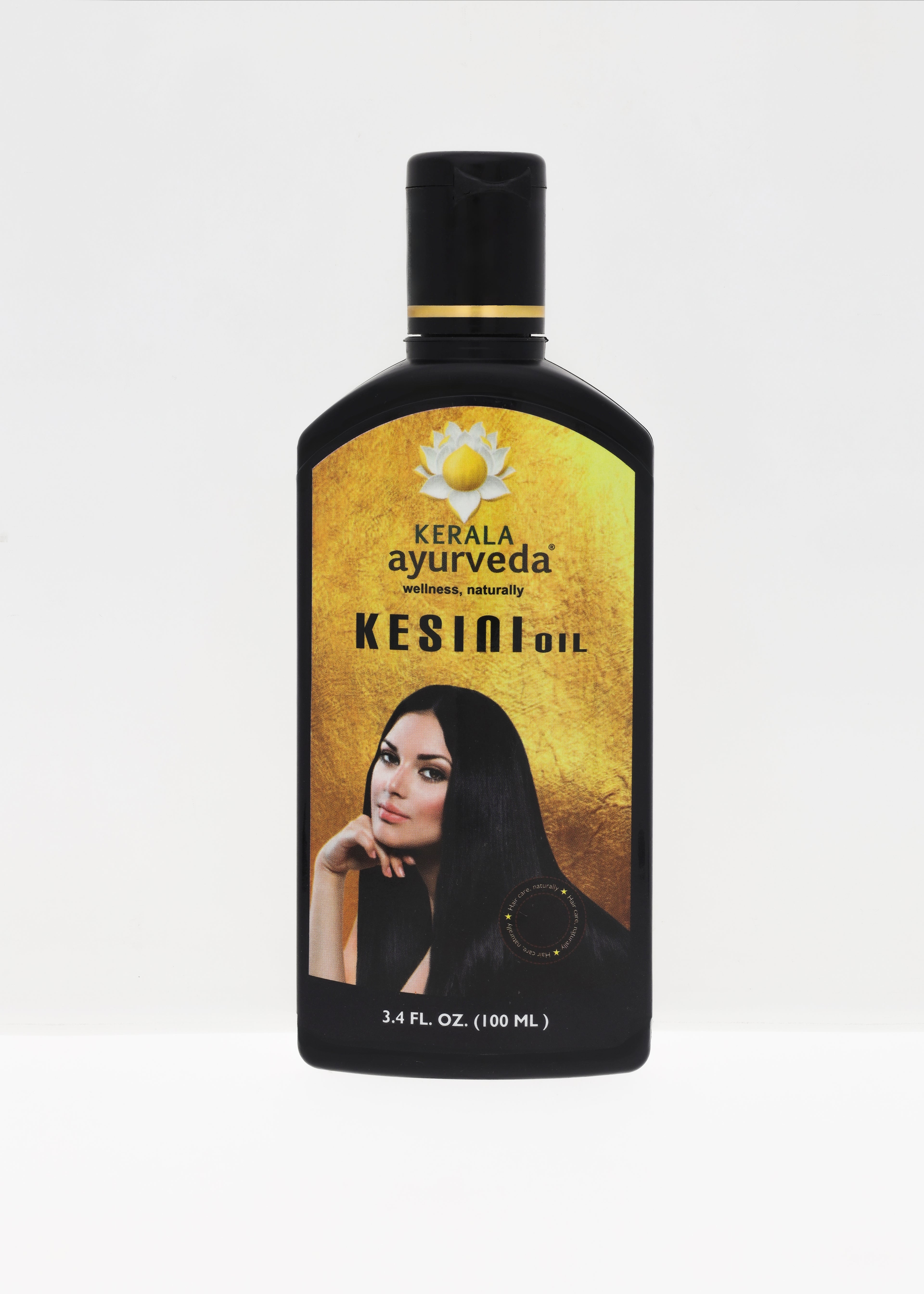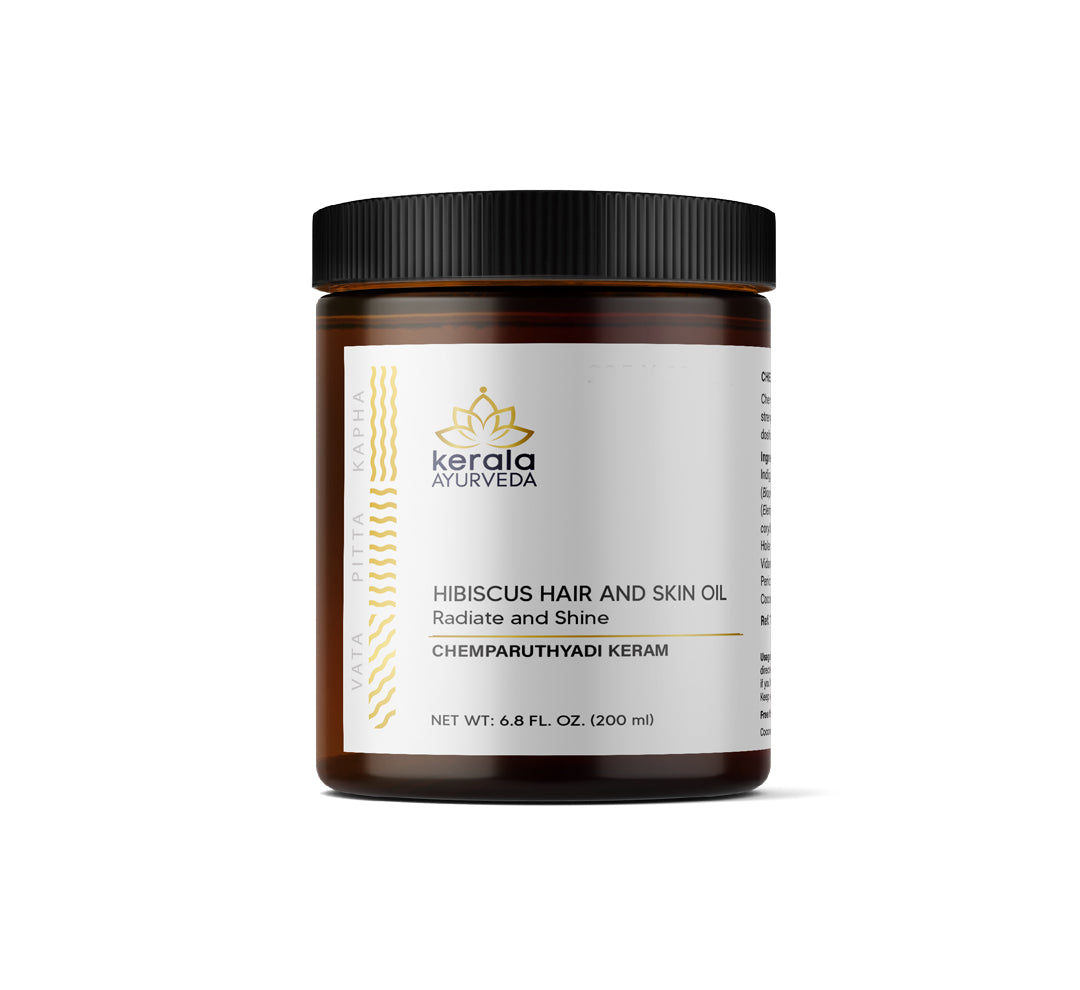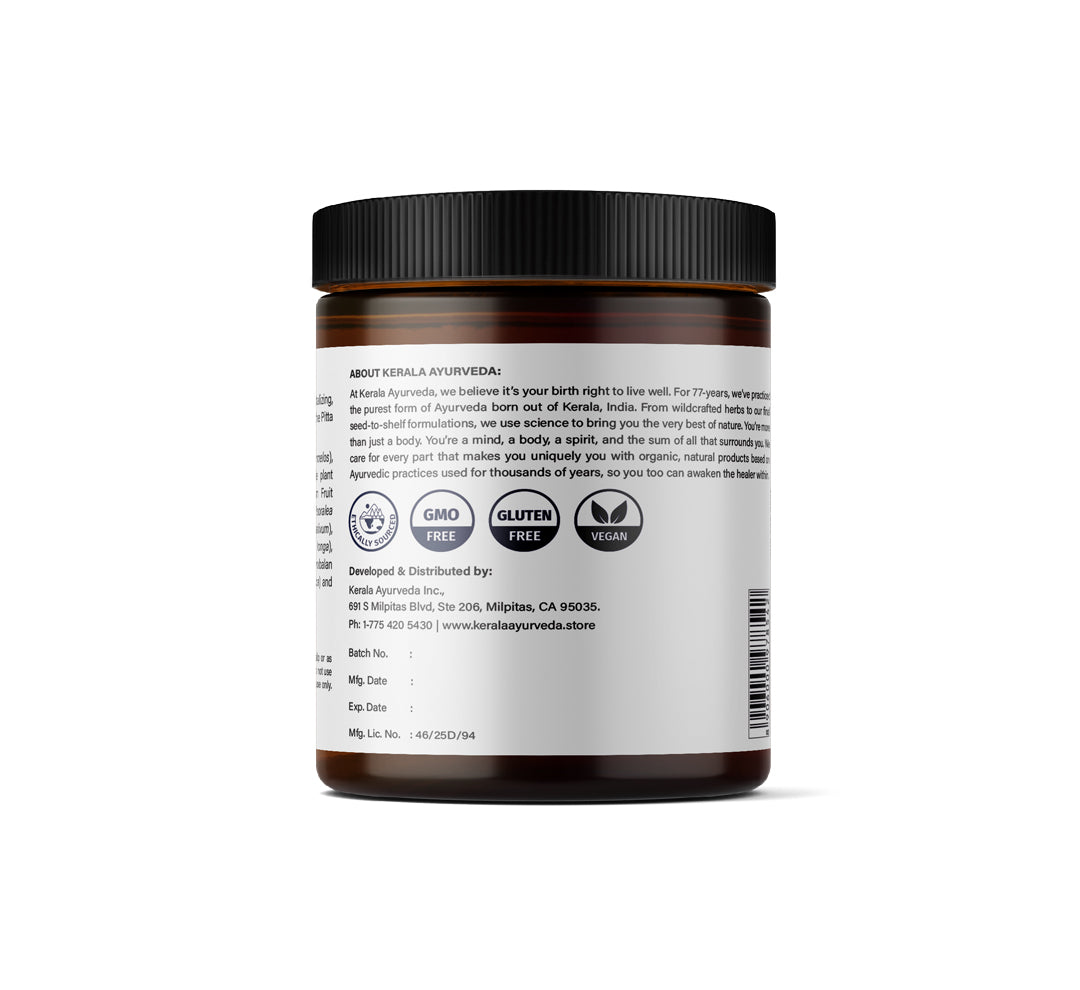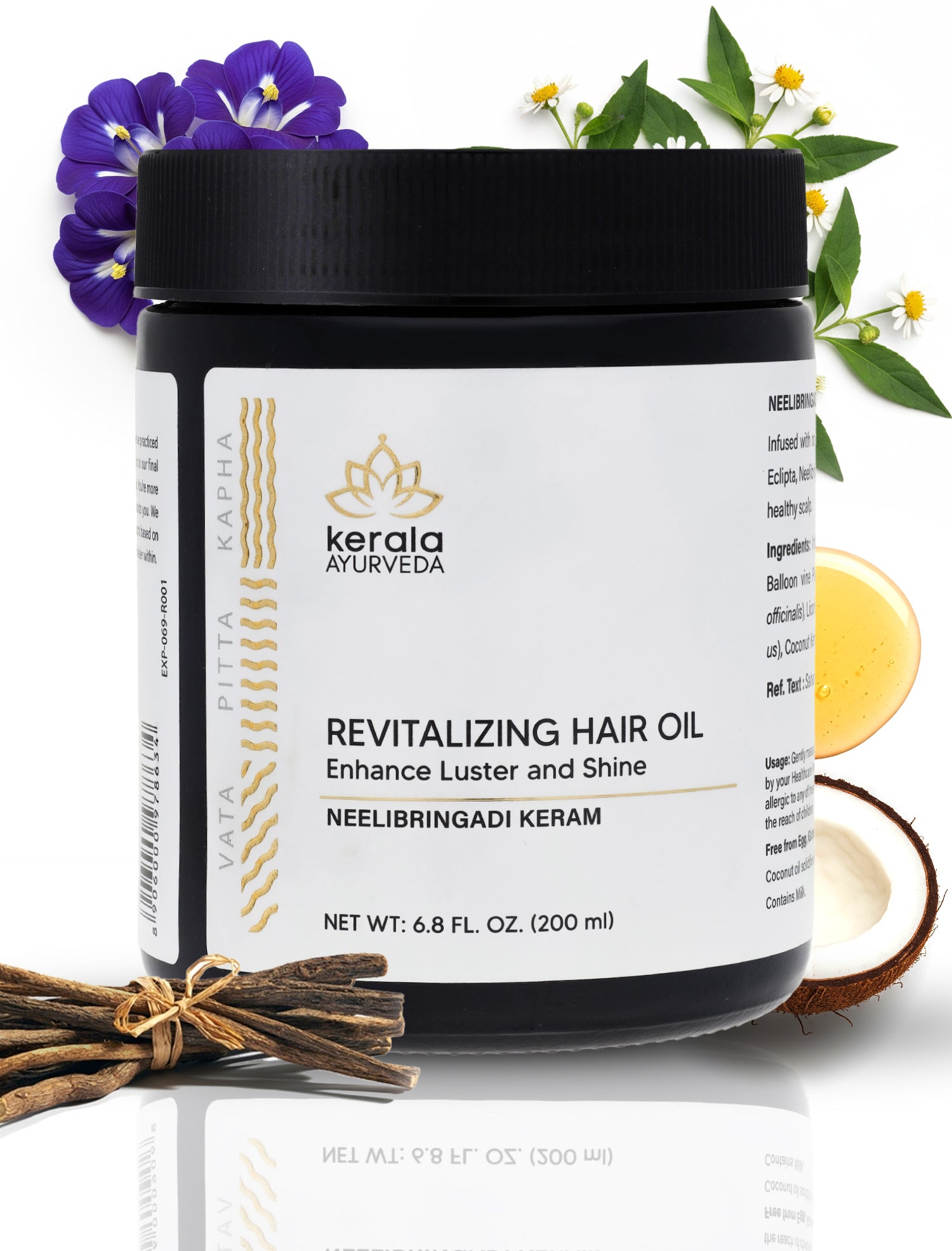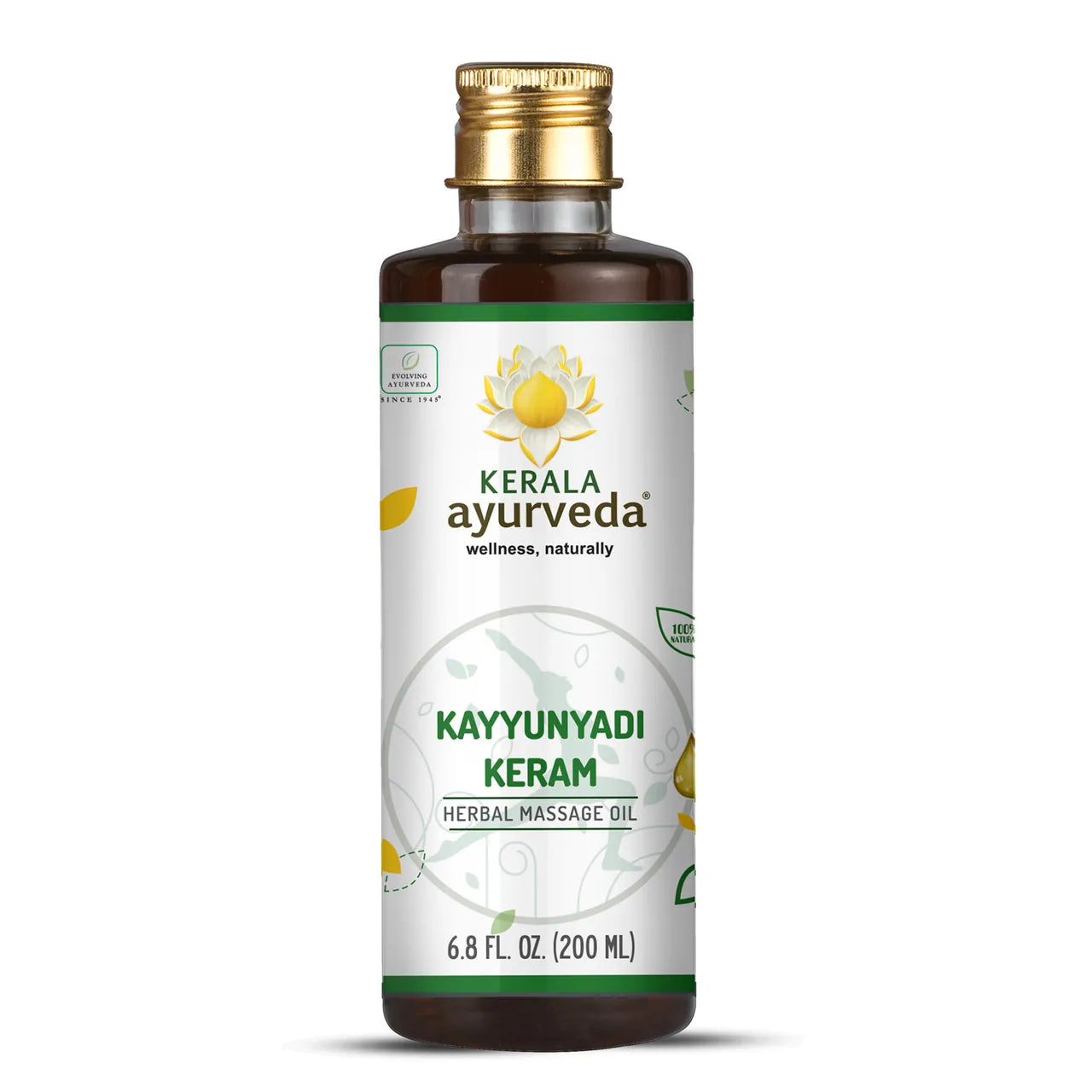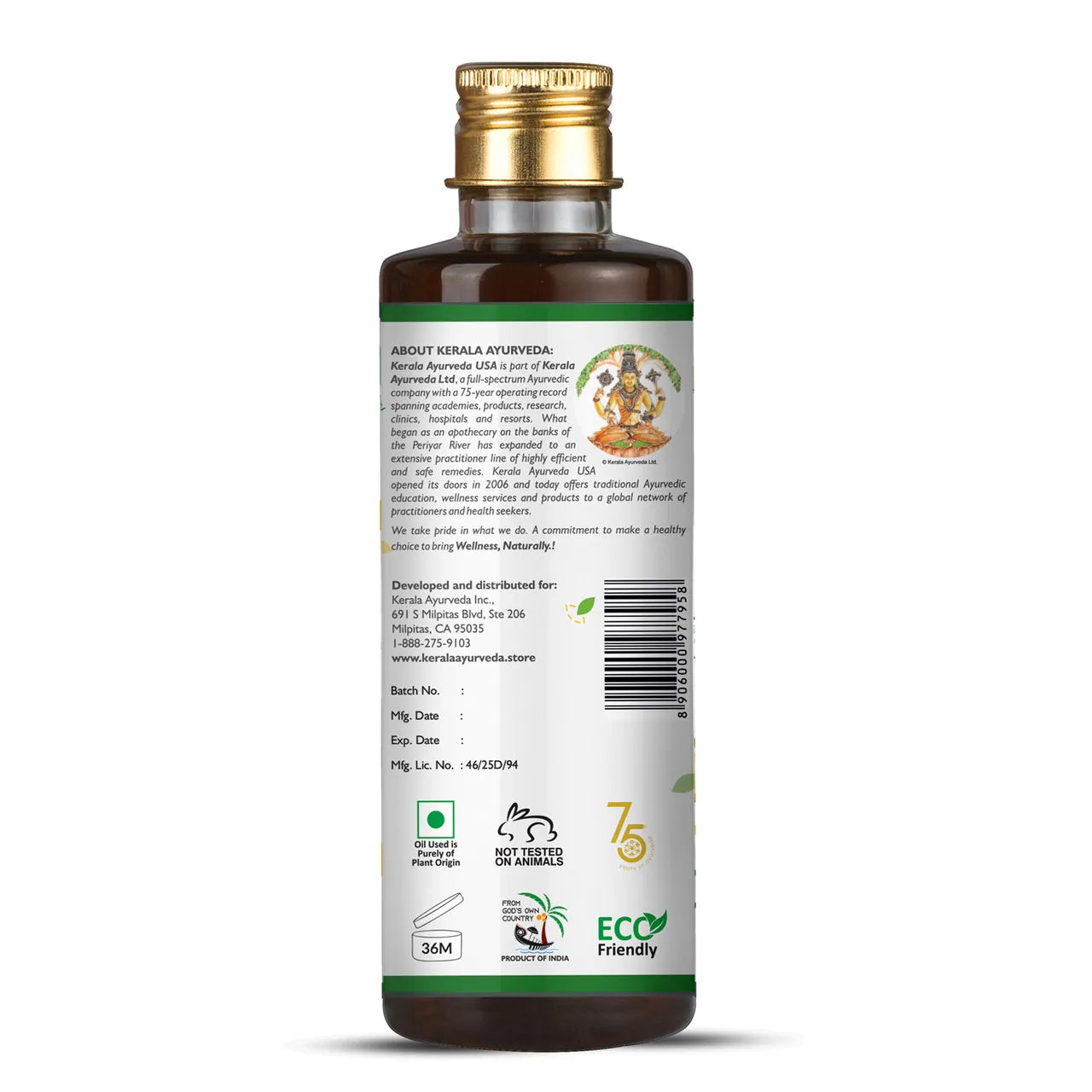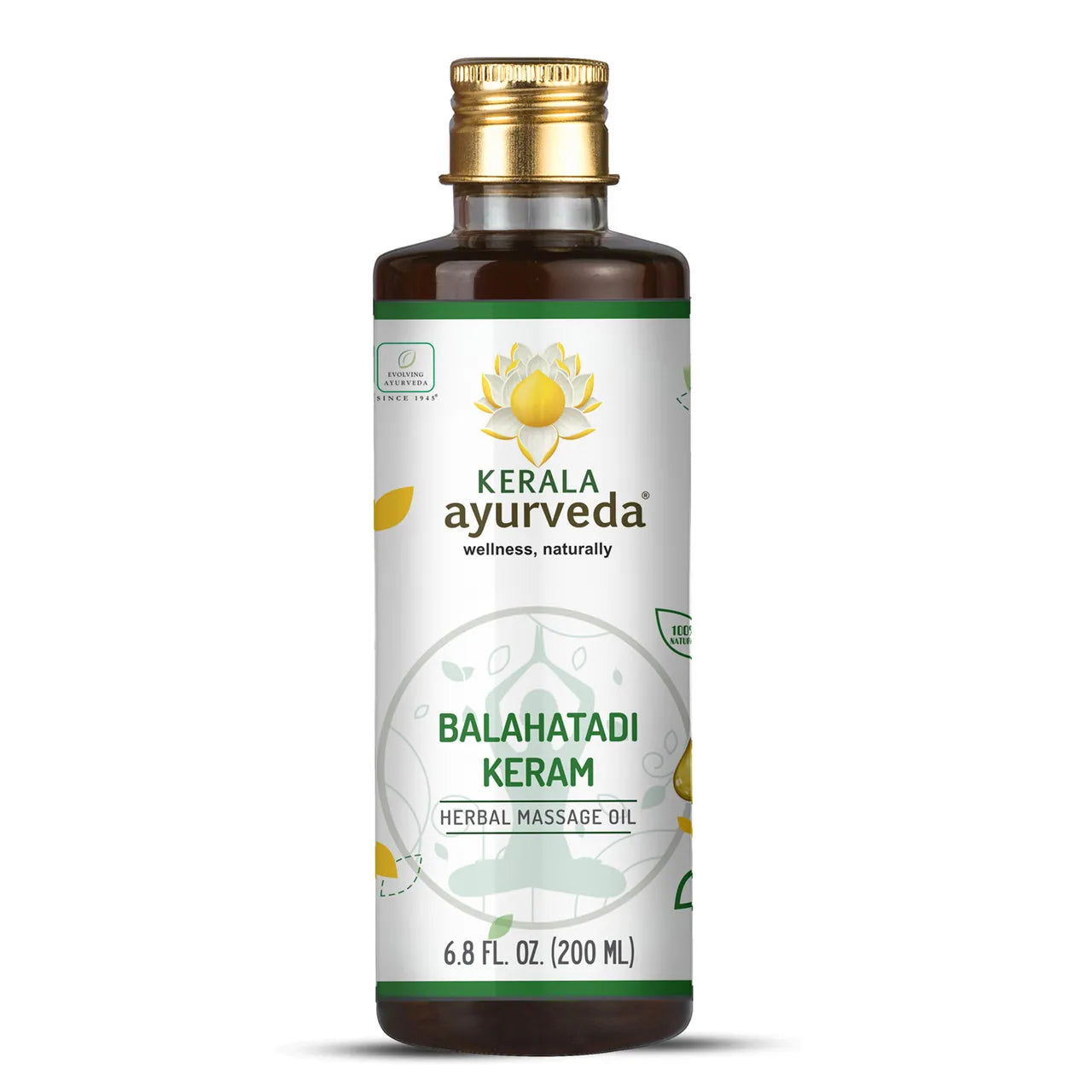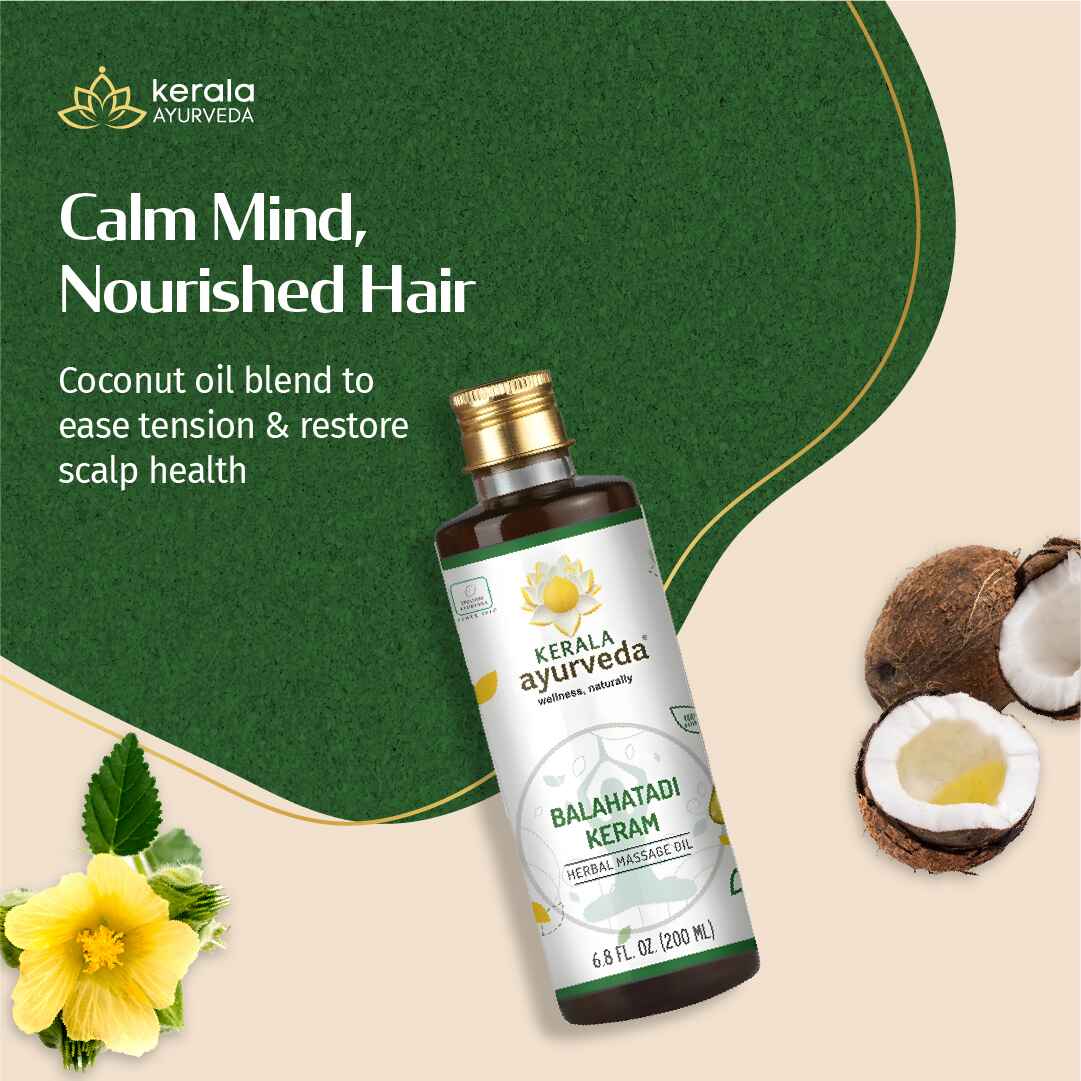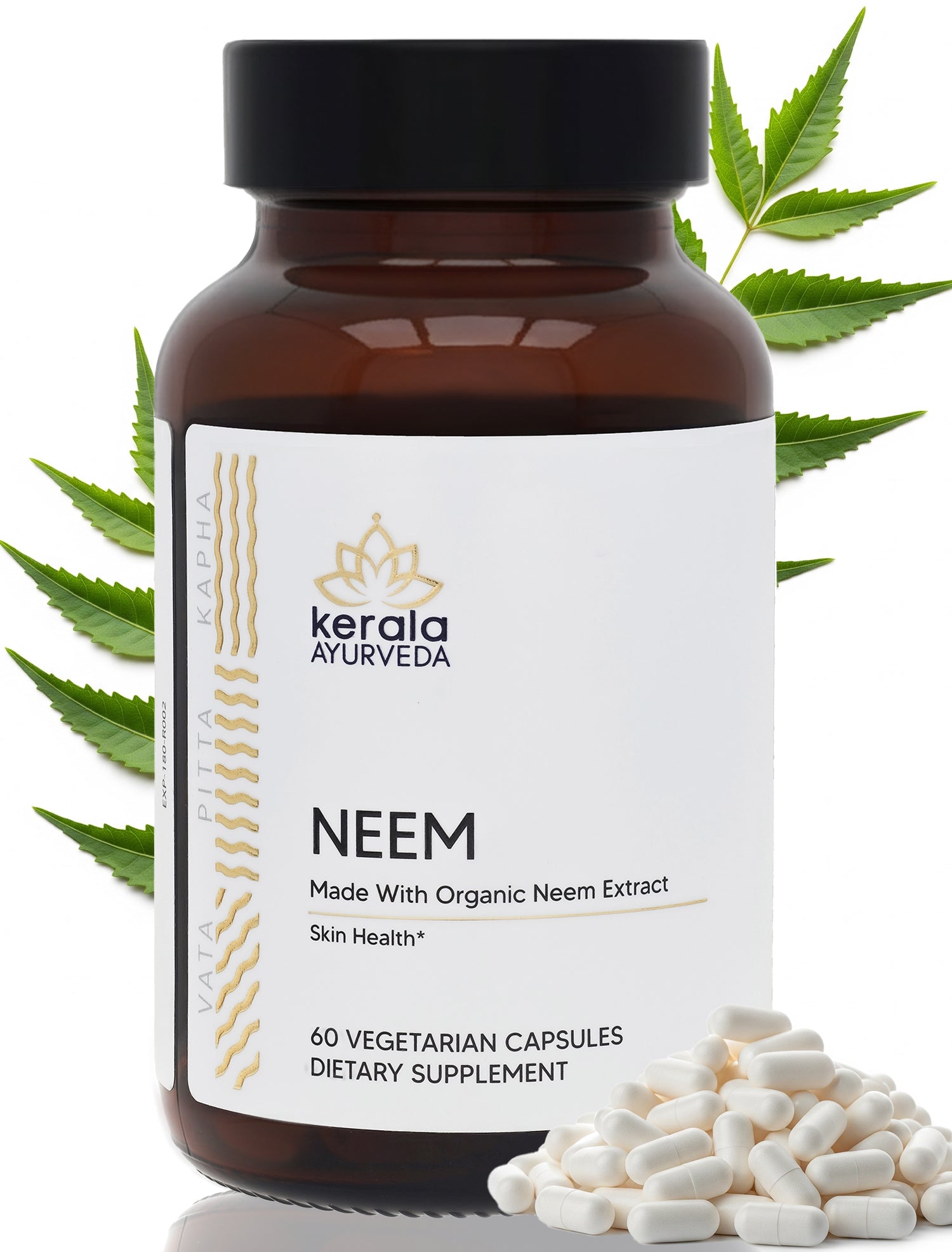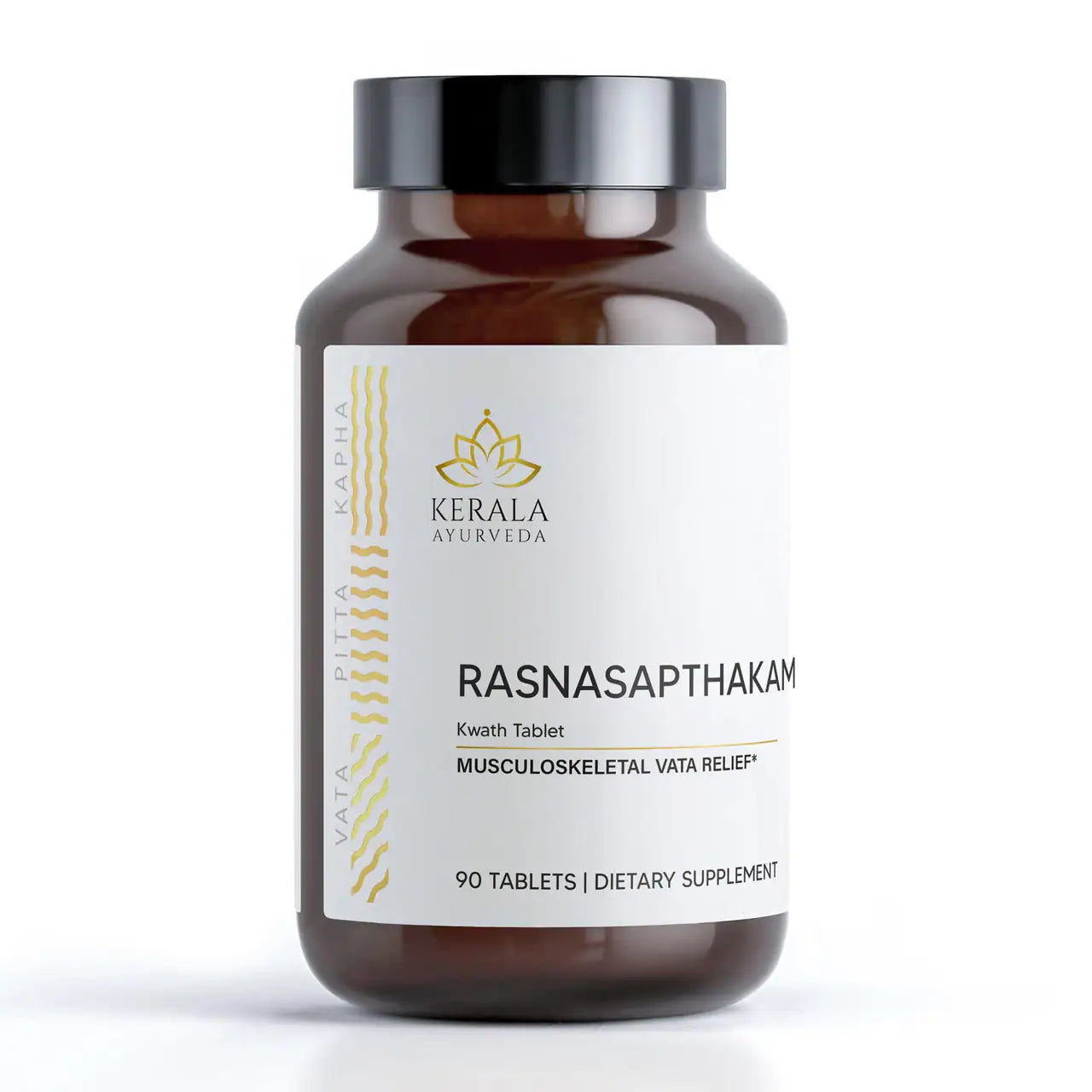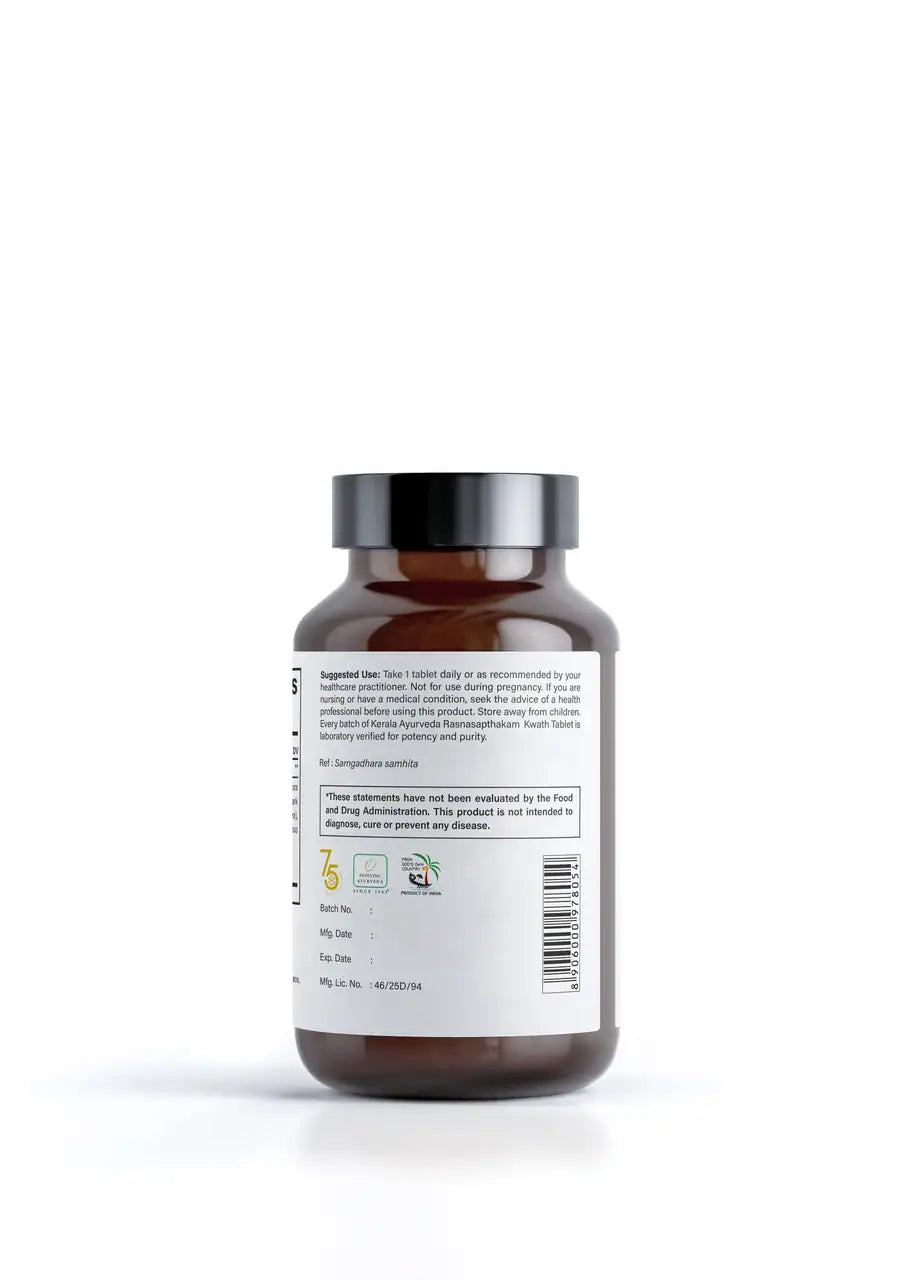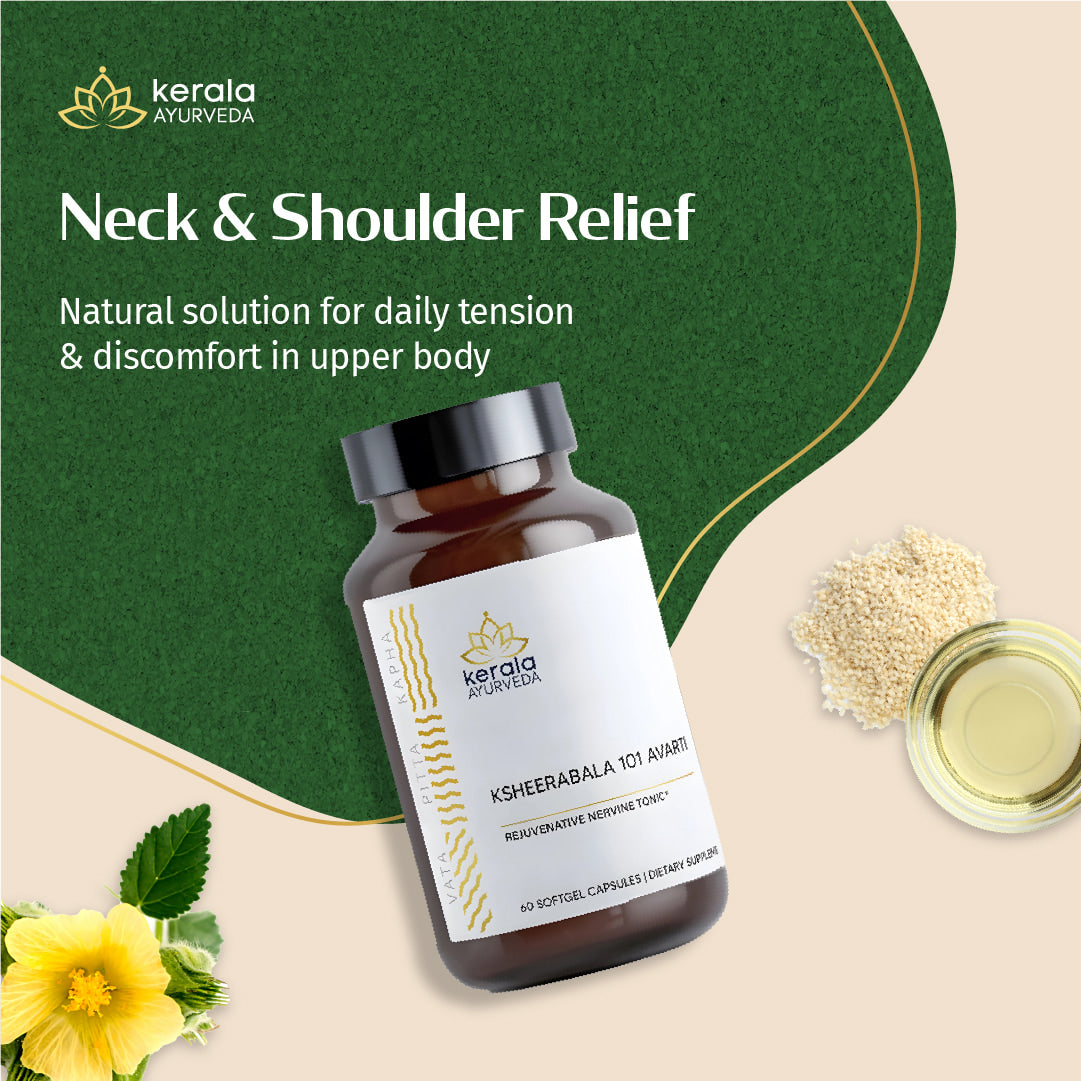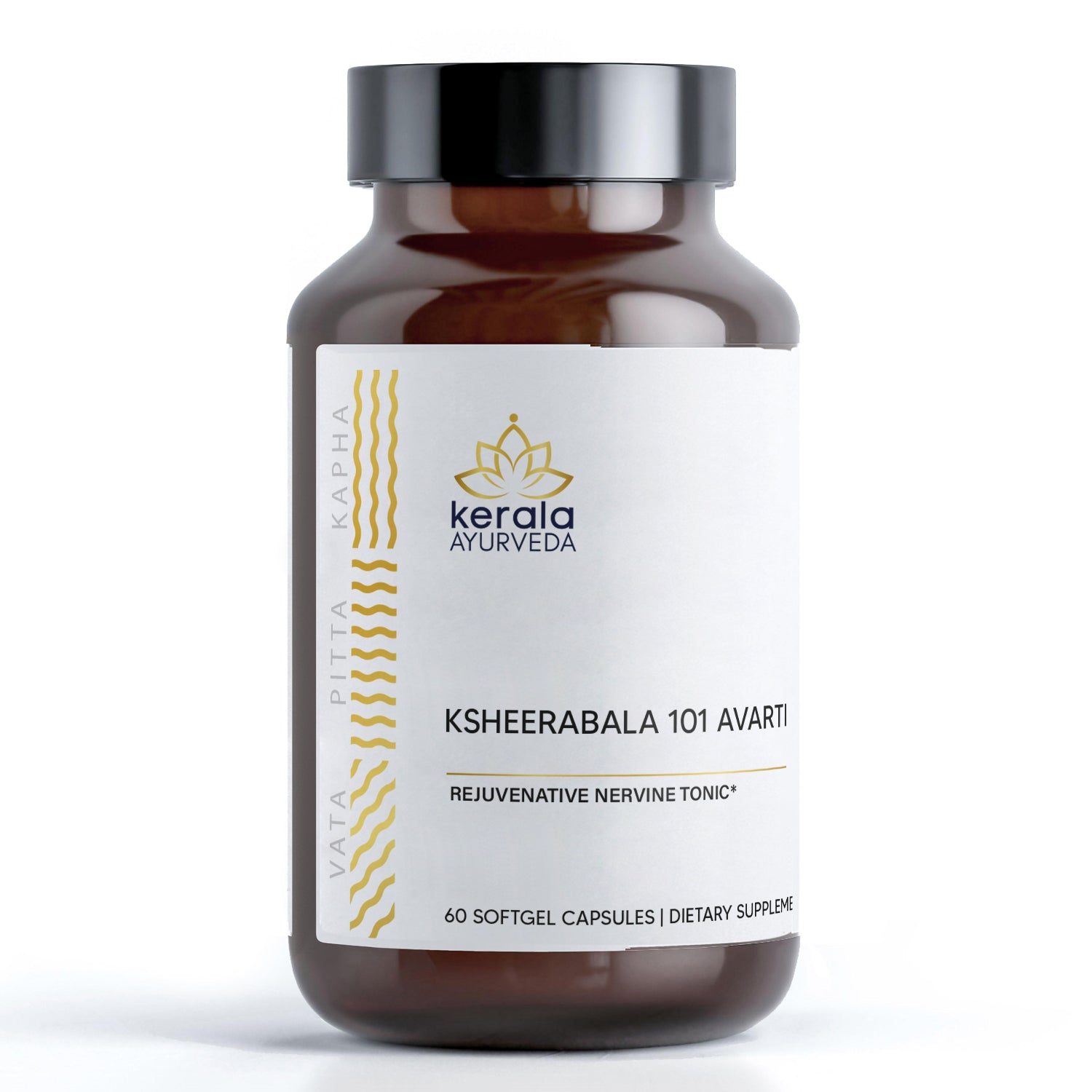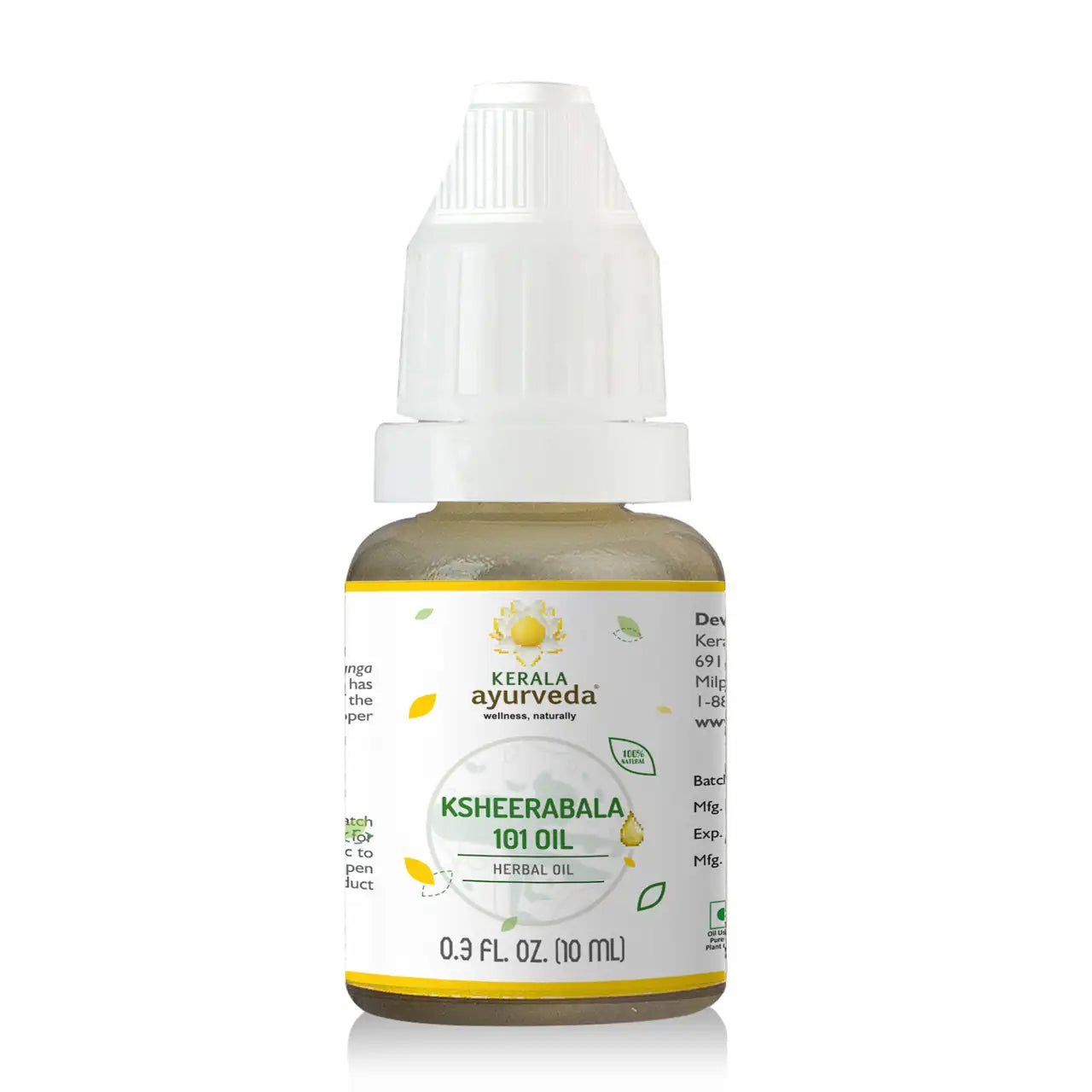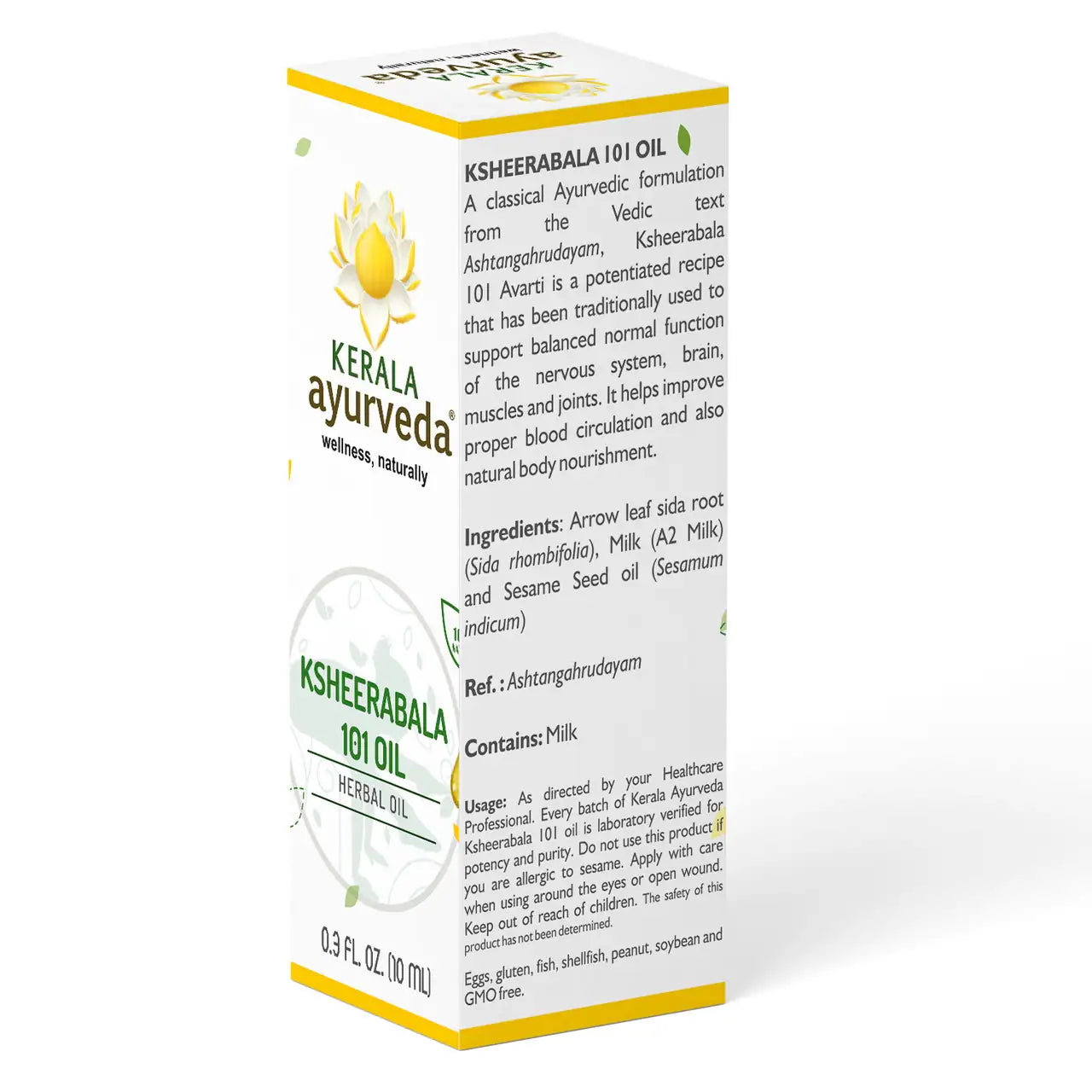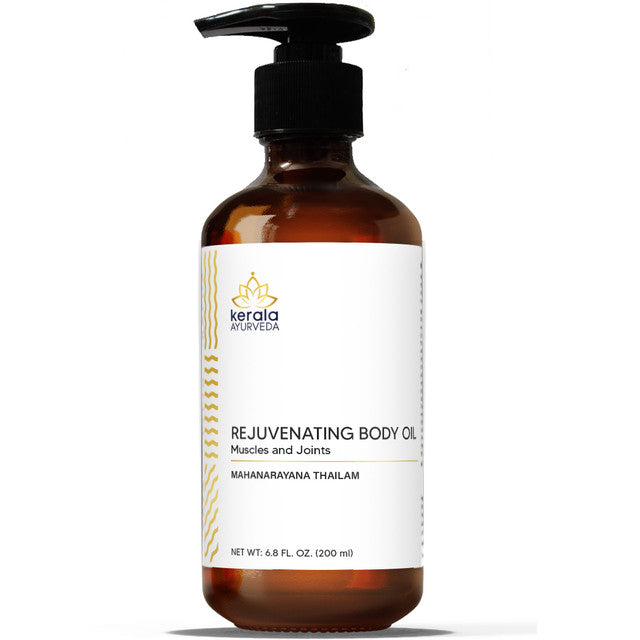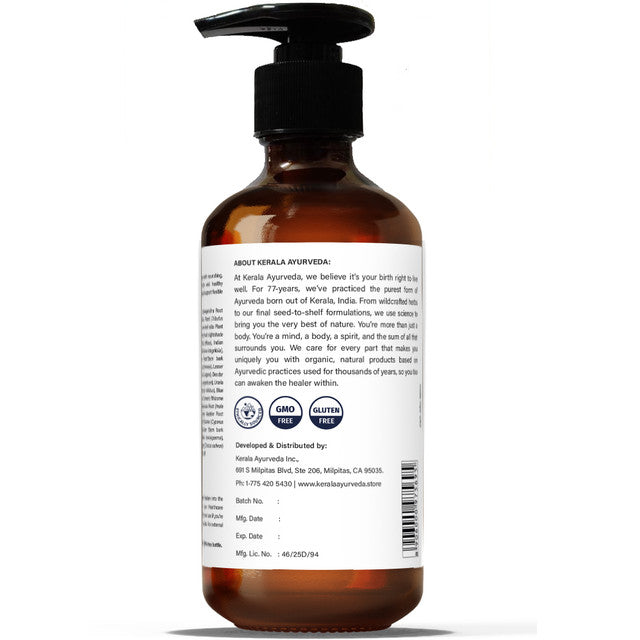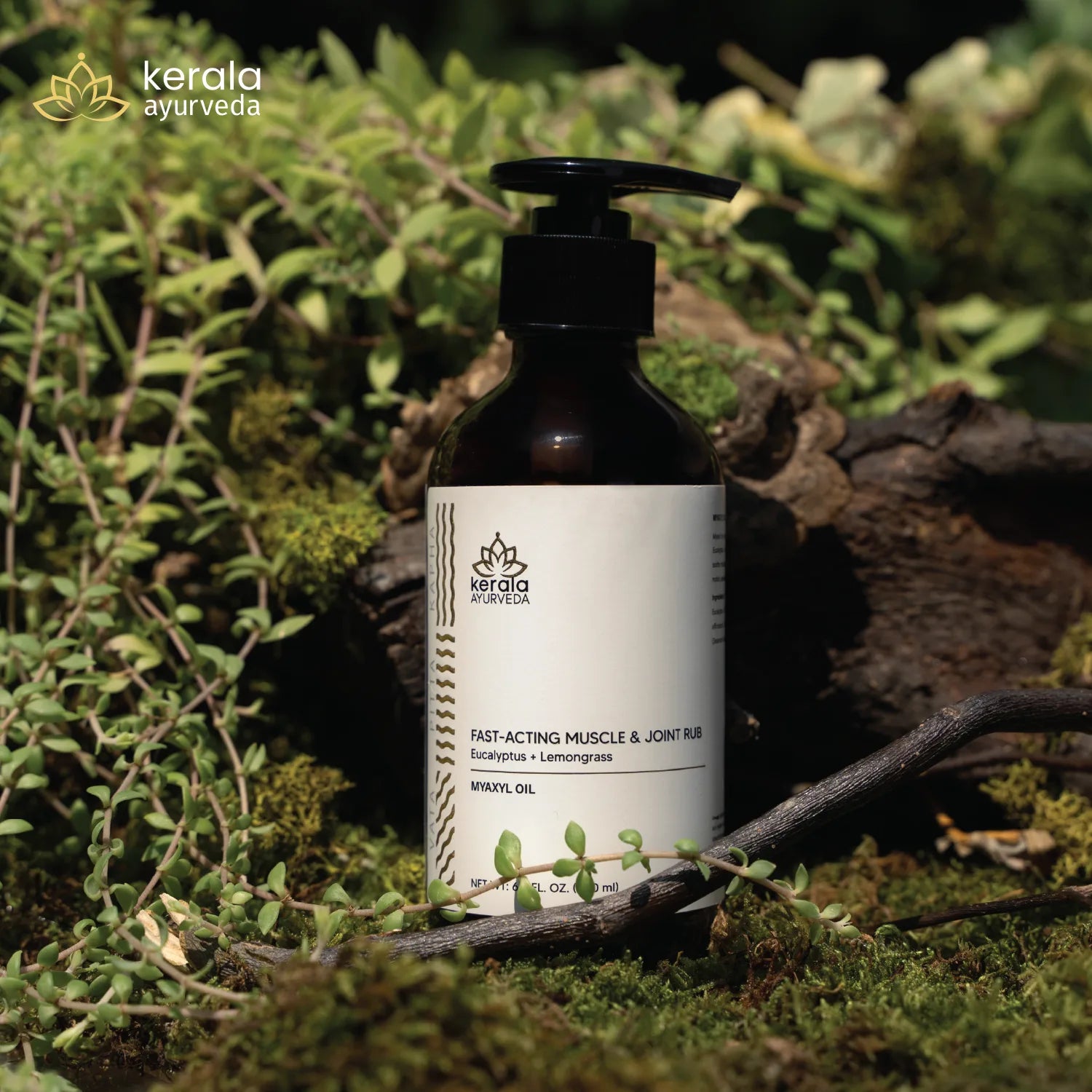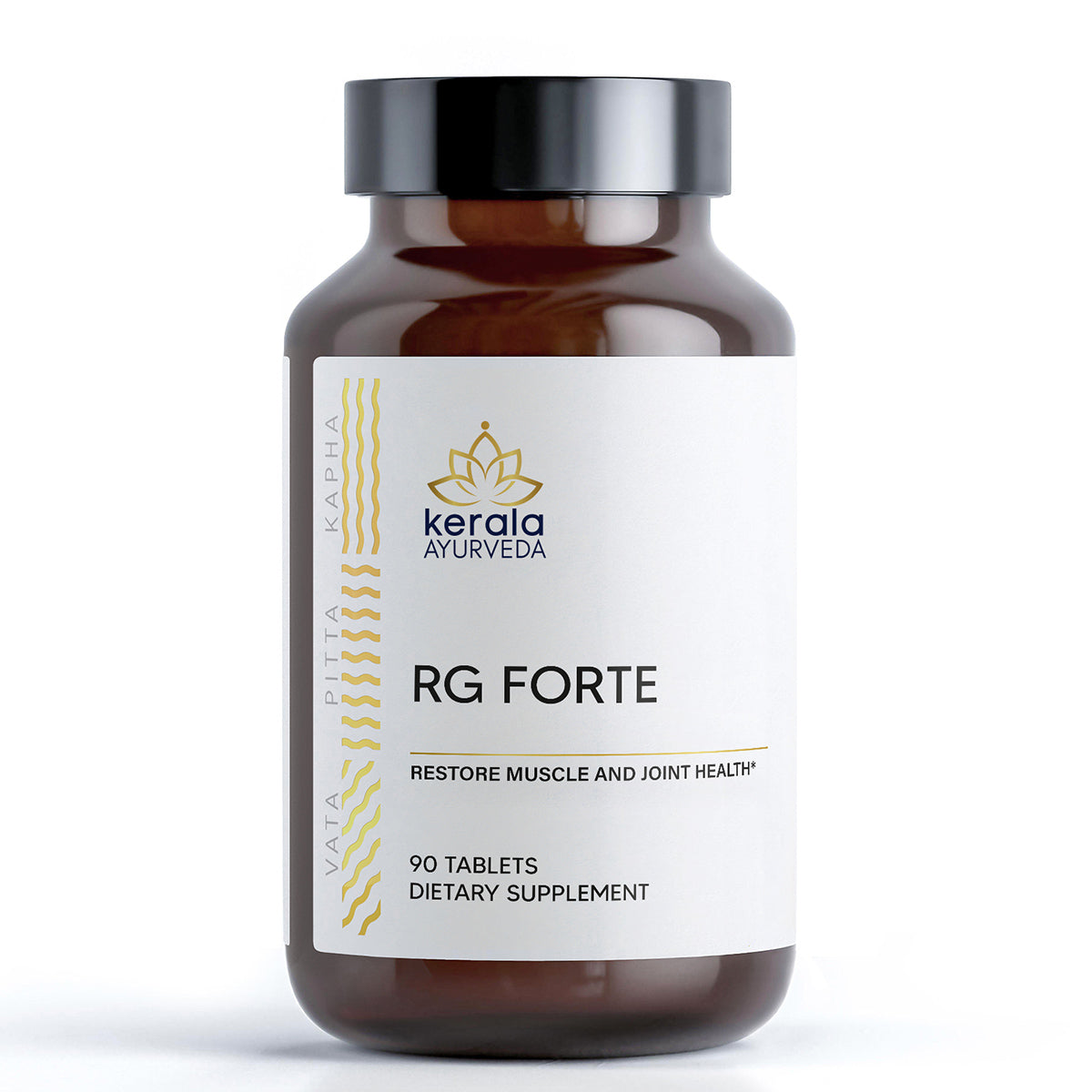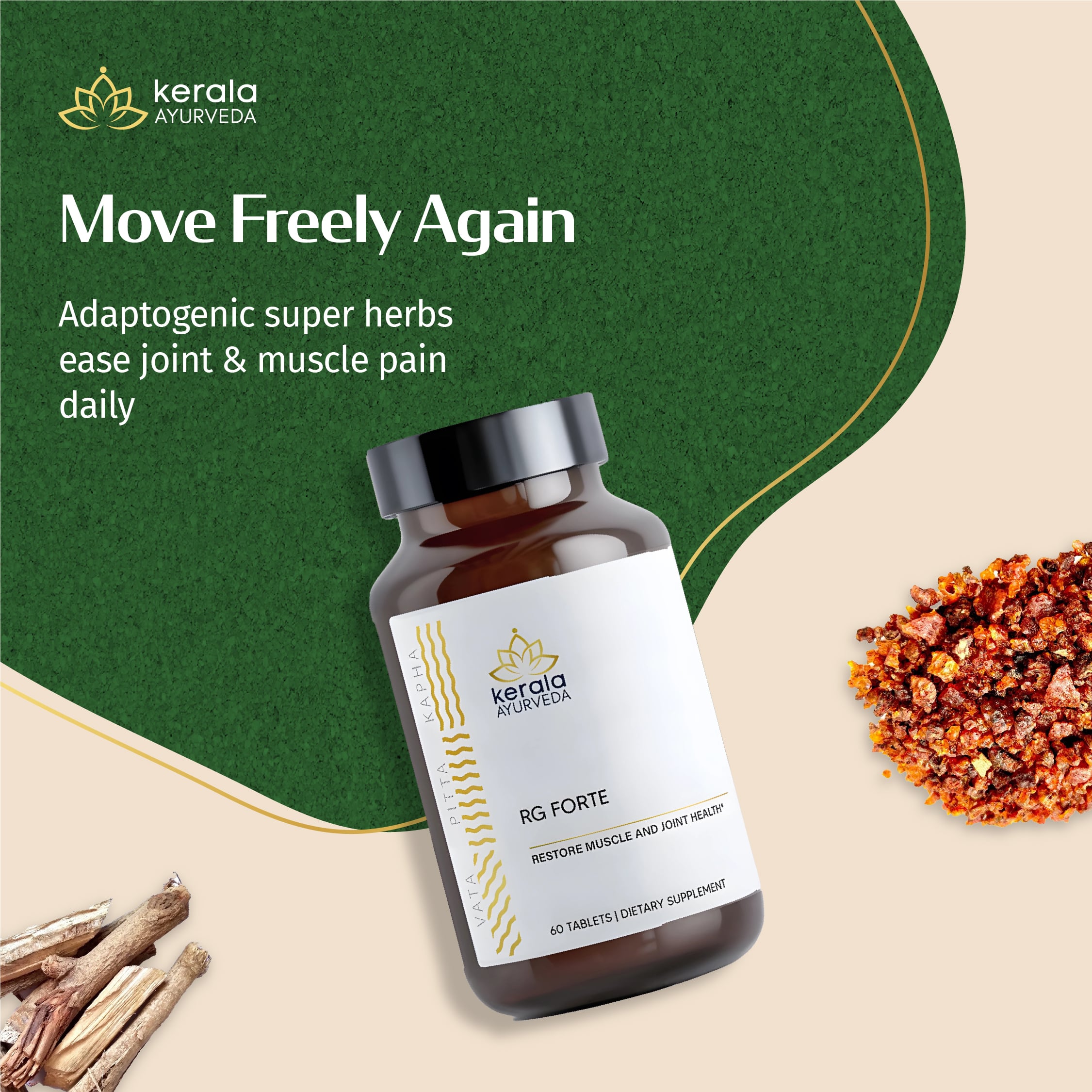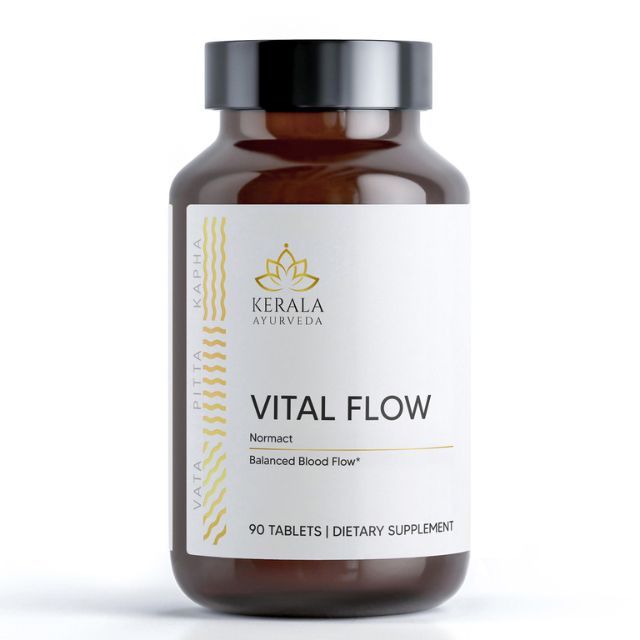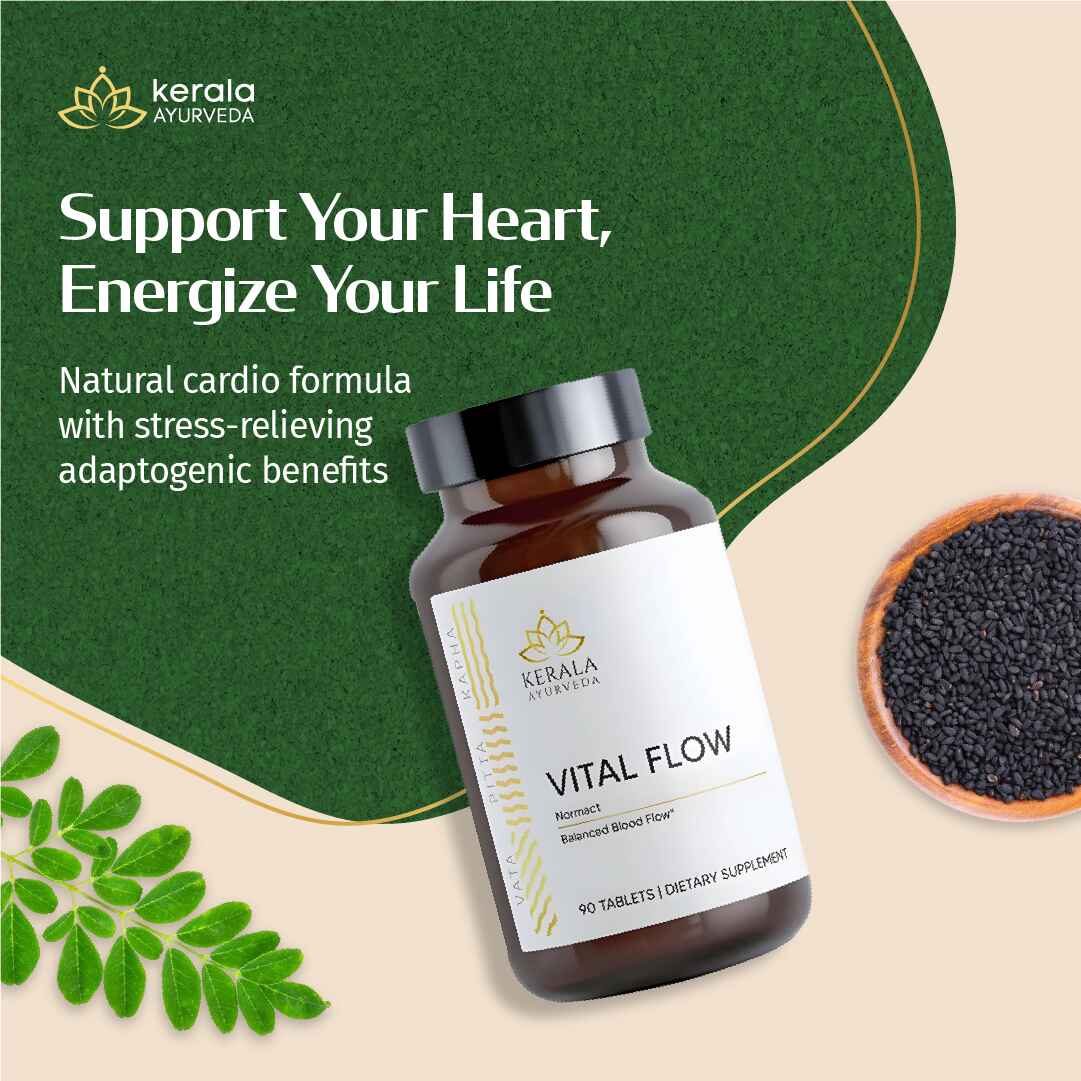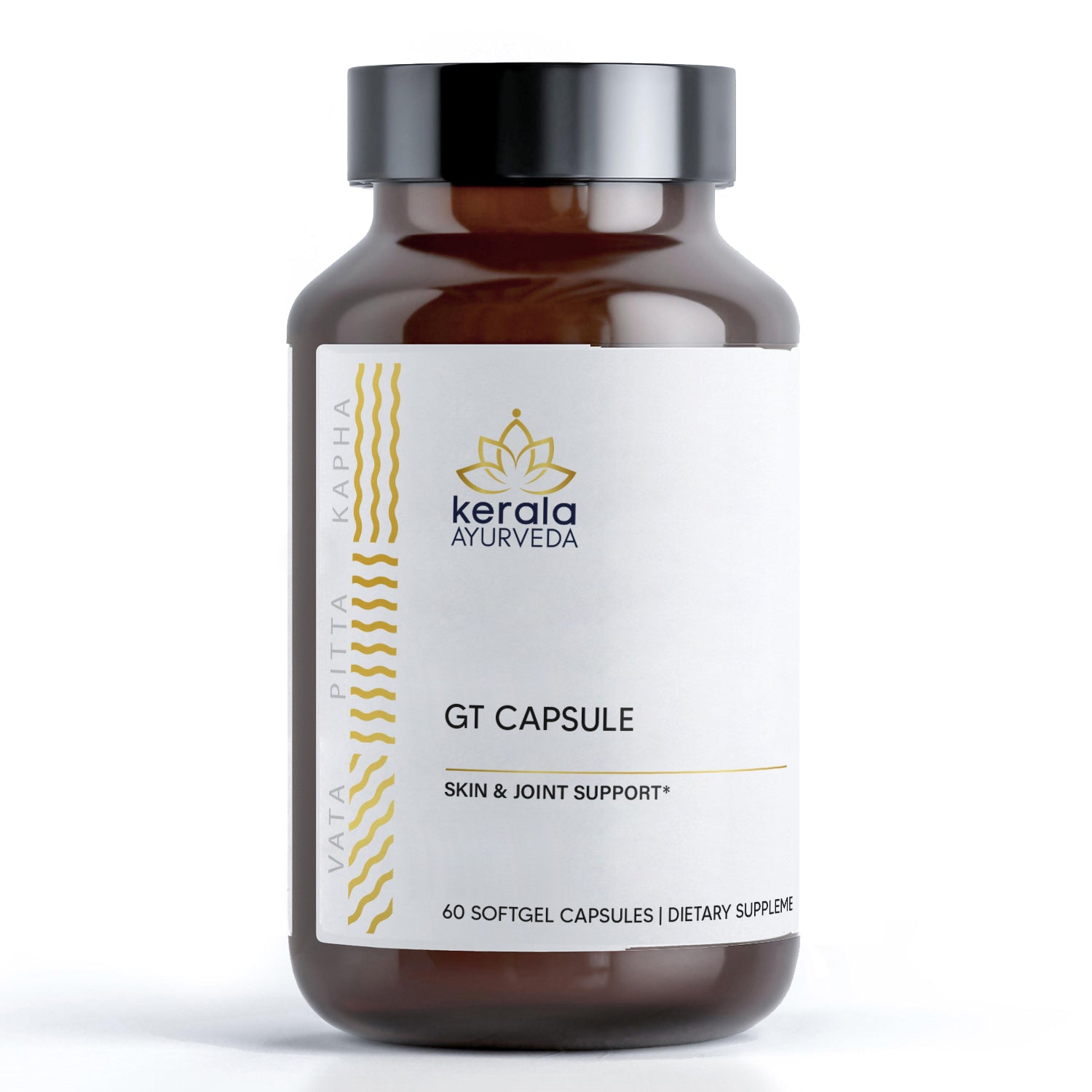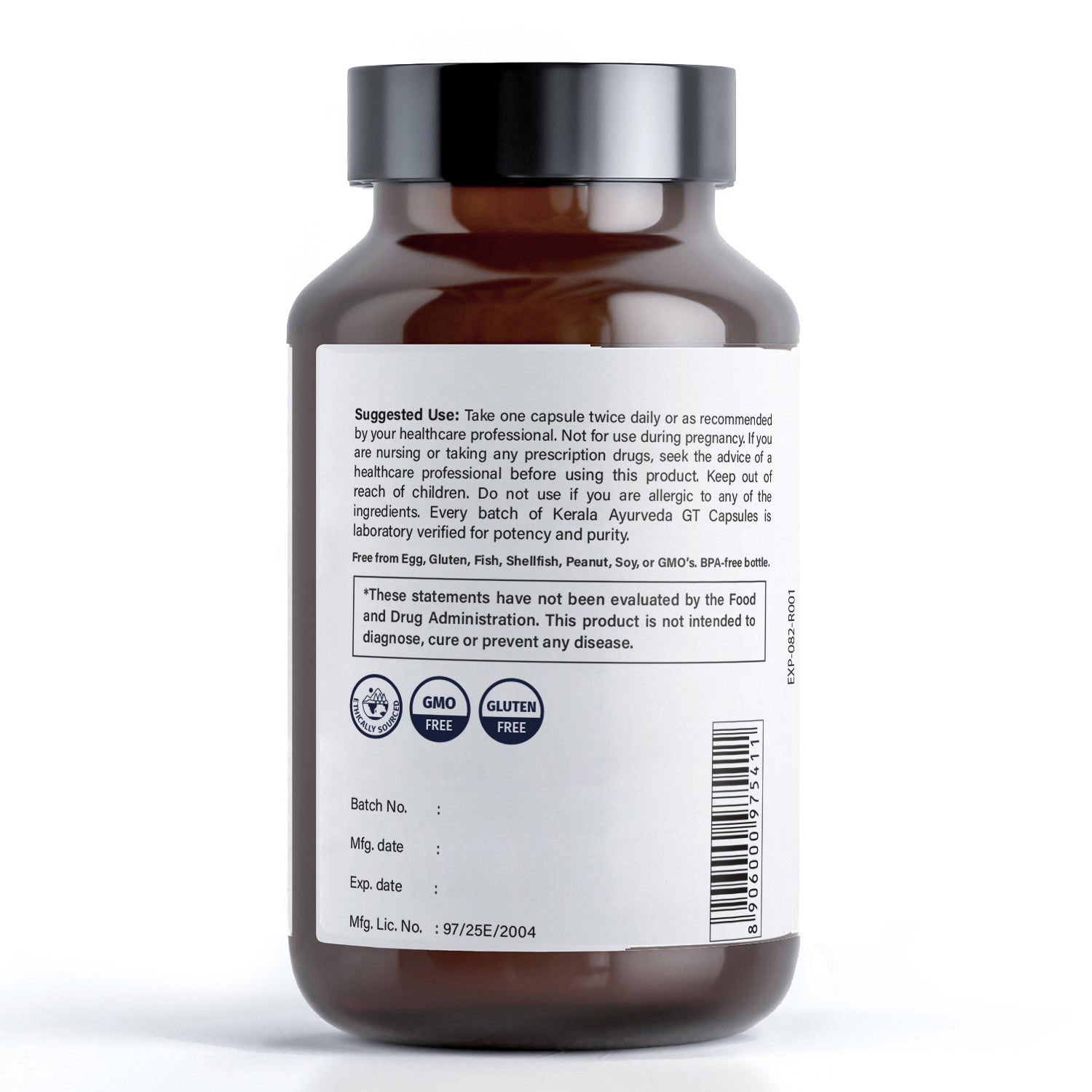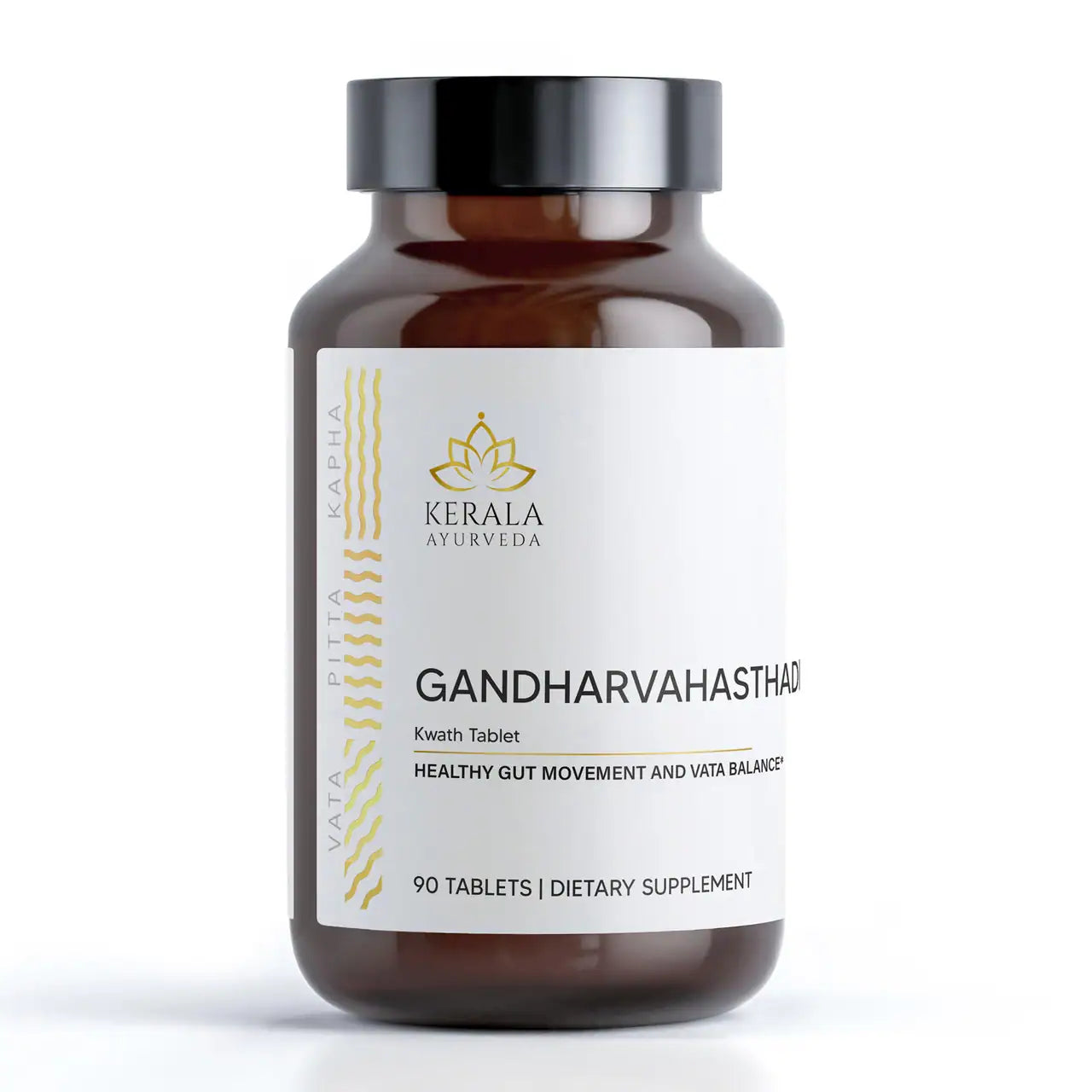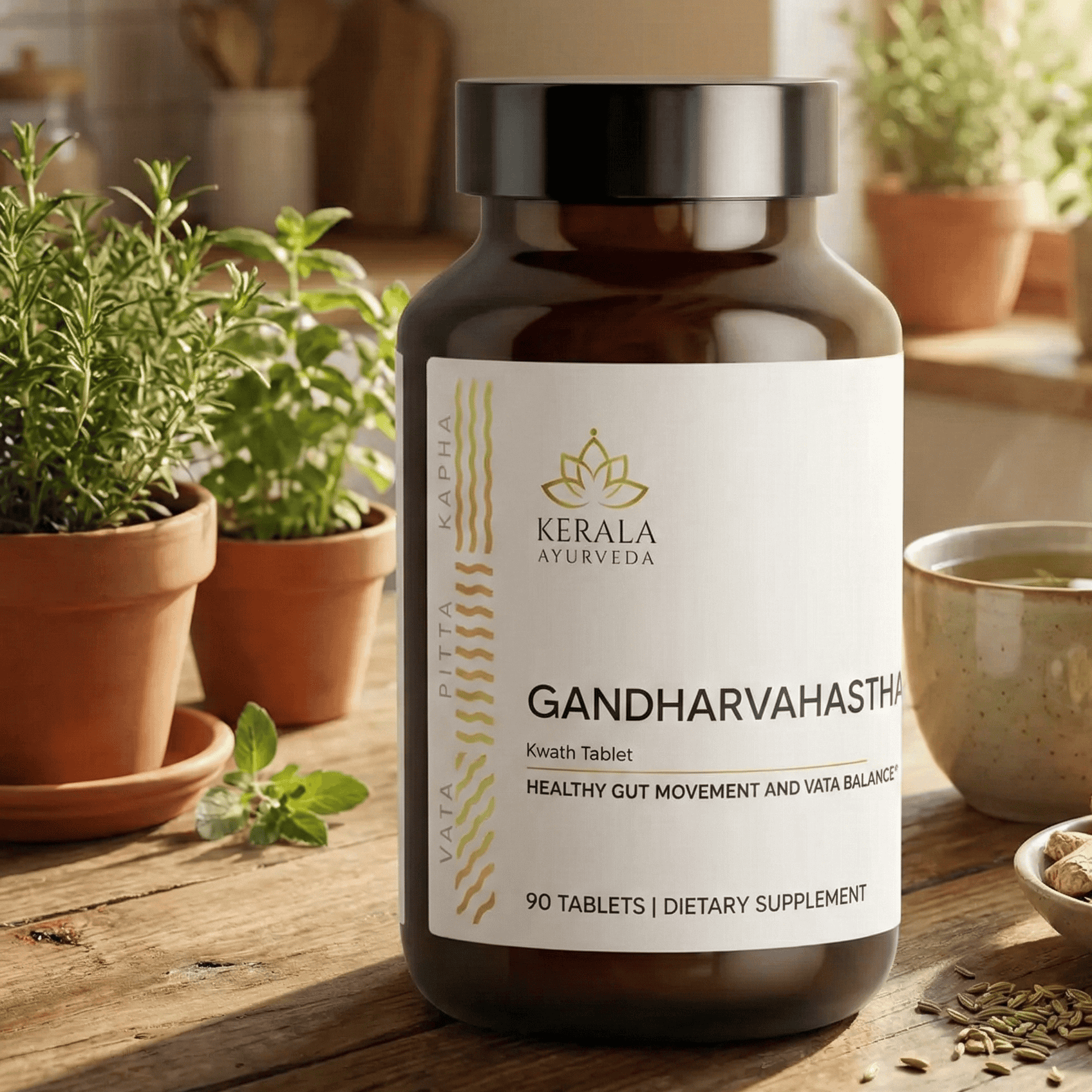Highlights
High cholesterol and high blood pressure often go hand in hand, creating a dangerous cycle that affects millions of people worldwide. Understanding this connection through both modern science and ancient Ayurvedic wisdom can help you take control of your cardiovascular health naturally.
How Does High Cholesterol Cause High Blood Pressure?
Your body needs cholesterol to function properly—it helps build healthy cell membranes, produces hormones, and supports vitamin D production. However, when cholesterol levels become excessive, problems arise.
From an Ayurvedic perspective, cholesterol relates to the kapha dosha, one of three fundamental energies in the body. Kapha provides essential lubrication to your circulatory, nervous, and muscular systems. When kapha becomes imbalanced due to poor diet and lifestyle choices, it creates an undigestible sticky substance that clogs your body's channels.
This clogging process directly leads to high blood pressure in two ways. First, excess cholesterol creates plaque buildup in your blood vessels, narrowing the pathways through which blood flows. Second, without proper lubrication from balanced kapha, your arteries become rigid and lose their natural elasticity. Both conditions force your heart to work harder, resulting in elevated blood pressure.
What Are the Diet and Lifestyle Causes of High Cholesterol?

According to Ayurveda, high cholesterol stems from consuming foods that your digestive system cannot properly digest. This creates ama—a toxic, sticky substance that accumulates in your body's channels.
The primary dietary culprits include:
- Excess meat and dairy products
- Refined wheat and sugar or processed foods
- Fried and oily foods
- Regular alcohol consumption
Lifestyle factors that contribute to this imbalance include overeating, eating when stressed or emotional, irregular meal times, and consuming foods that don't match your digestive capacity. Modern research confirms these ancient observations, showing that excess weight may be responsible for up to 75% of high blood pressure cases.
Additional contributing factors include high salt intake, low potassium consumption, smoking, and sedentary living.
What Are Healthy Diet and Lifestyle Habits?
Restoring balance requires addressing both what you eat and how you live. Focus on foods that are easy to digest and don't create ama in your system.
Healthy Diet Practices

Fiber-Rich Options: Start with oats and barley, which contain beta-glucan to lower LDL cholesterol. Include legumes like lentils, chickpeas, and mung beans for soluble fiber and plant protein. Add ground flaxseeds to cereals for omega-3 fatty acids and psyllium husk (Isabgol) as a fiber supplement to significantly reduce cholesterol levels.
Fruits and Vegetables: Incorporate Amla (Indian gooseberry) fresh, juiced, or powdered for its vitamin C and cholesterol-lowering properties. Choose apples, grapes, berries, and pomegranate fruits for their pectin content. Include leafy greens like spinach and kale for nitrates that help lower blood pressure. Using garlic generously, 1-2 cloves daily in cooking supports heart health. Add beets for blood vessel relaxation and bananas or coconut water for potassium.
Healthy Fats (in moderation): Use extra virgin olive oil for its monounsaturated fats and antioxidants. Pure cultured ghee can support digestion when used moderately, though those with very high cholesterol should take smaller amounts. Small quantities of almonds and walnuts provide beneficial plant sterols.
Healing Spices: Include turmeric and ginger daily for their anti-inflammatory properties in cooking or as tea for digestive and cardiovascular support. Drink water infused with coriander seeds or cumin for detoxification benefits. Add cinnamon to help improve blood glucose and lipid levels. Tulsi tea or holy basil for stress relief and blood pressure support.
Other Beneficial Foods: Enjoy light moong dal soup, which is easy to digest and often recommended for those with high cholesterol and blood pressure.
Healthy Lifestyle Practices

Regular Physical Activity: Aim for 30-45 minutes of moderate exercise most days. Brisk walking provides accessible cardiovascular benefits. Practice yoga with specific poses like Shavasana (Corpse Pose) for relaxation and breathing techniques like Anulom Vilom (Alternate Nostril Breathing) and Sheetali Pranayama (Cooling Breath) to calm your nervous system and reduce blood pressure. Swimming and cycling offer excellent low-impact aerobic options.
Stress Management: Address chronic stress, which significantly contributes to high blood pressure and cholesterol issues. Establish a regular relaxation practice to lower stress and promote calmness. Use deep breathing exercises to activate your parasympathetic nervous system and encourage relaxation.
Quality Sleep: Prioritize 7-8 hours of quality sleep nightly. Follow Ayurvedic wisdom by maintaining regular sleep schedules, with early to bed and early to rise for optimal health.
Weight Management: Even modest weight loss can significantly improve both cholesterol and blood pressure readings if you're overweight.
Proper Hydration: Drink adequate warm water throughout the day. Include beneficial herbal teas made with Arjuna, Rose, or Tulsi, for additional heart health support.
Mindful Eating: Create calm, relaxed eating environments. Chew food thoroughly to support proper digestion. Avoid late-night eating to maintain healthy digestive rhythms.
Recommended Herbal Formulas
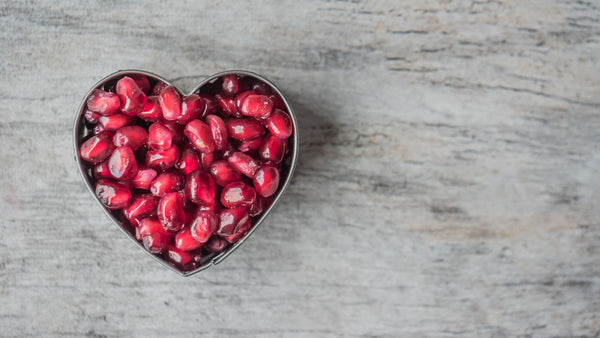
Ayurvedic herbs target the root causes of cholesterol and blood pressure imbalances by supporting healthy circulation and digestion—two key factors in cardiovascular wellness.
Vital Flow (Normact) directly supports cardiovascular health and healthy circulation. This formula contains Arjuna, a powerful rejuvenating herb with antioxidant properties that traditional practitioners use to support natural heart tone and overall cardiovascular function. In Ayurveda, the heart is considered the "seat of consciousness" and energy, making proper circulation essential for total wellness.
GT Capsules (Guggulu Tiktakam) addresses cholesterol and blood pressure by improving digestion. Based on the celebrated Ayurvedic classic Guggulu Thiktakam Ghritham, these capsules are triple-fortified with Neem, Turmeric, and Guduchi. By enhancing digestive capacity, this formula helps prevent the formation of ama (toxins) that clog circulatory channels and contribute to cardiovascular imbalance.
Gandharvahasthadi Kwath supports digestive health by calming stomach discomforts like bloating and gas. This formula helps optimize the enzymes responsible for breaking down food and moving it through the digestive tract. When digestion improves, less ama accumulates in the system, reducing the toxic burden that contributes to high cholesterol and blood pressure.
These formulas work synergistically—Vital Flow directly supports the cardiovascular system while GT Capsules and Gandharvahasthadi Kwath address the digestive root causes that create circulatory problems. Together, they provide comprehensive support for long-term heart health.
Take Action for Your Heart Health

High cholesterol and blood pressure don't have to control your life. By understanding the connection between these conditions and implementing Ayurvedic principles of balanced eating and living, you can support your cardiovascular health naturally.
However, these conditions are complex and individual constitutions vary greatly. Working with a qualified Ayurvedic practitioner ensures you receive personalized recommendations that address your unique needs and health history.
Ready to explore how Ayurveda can transform your heart health? Schedule a consultation with an experienced Ayurvedic practitioner who can create a comprehensive plan tailored specifically for you. Your heart and your overall wellbeing will greatly benefit.





